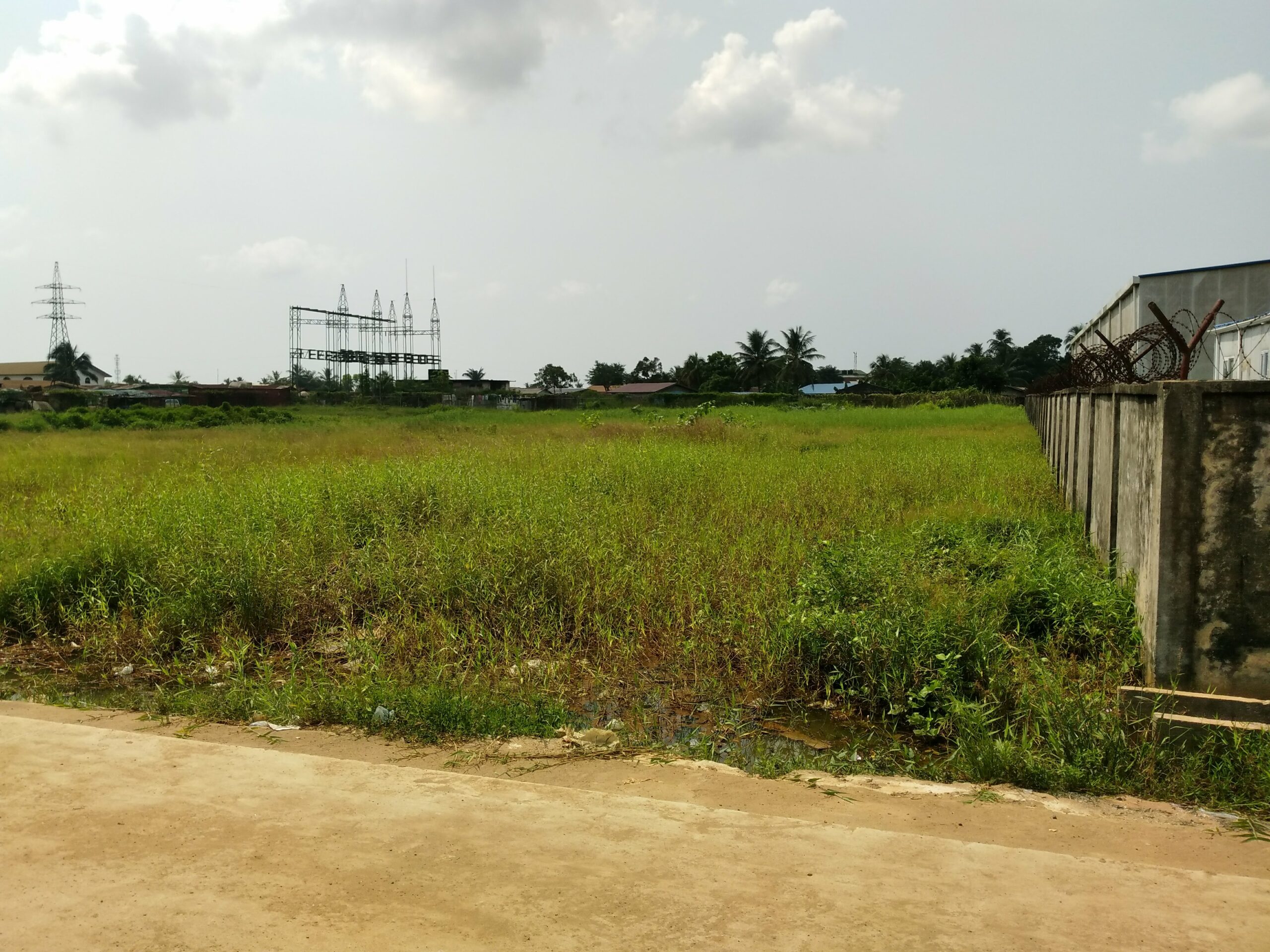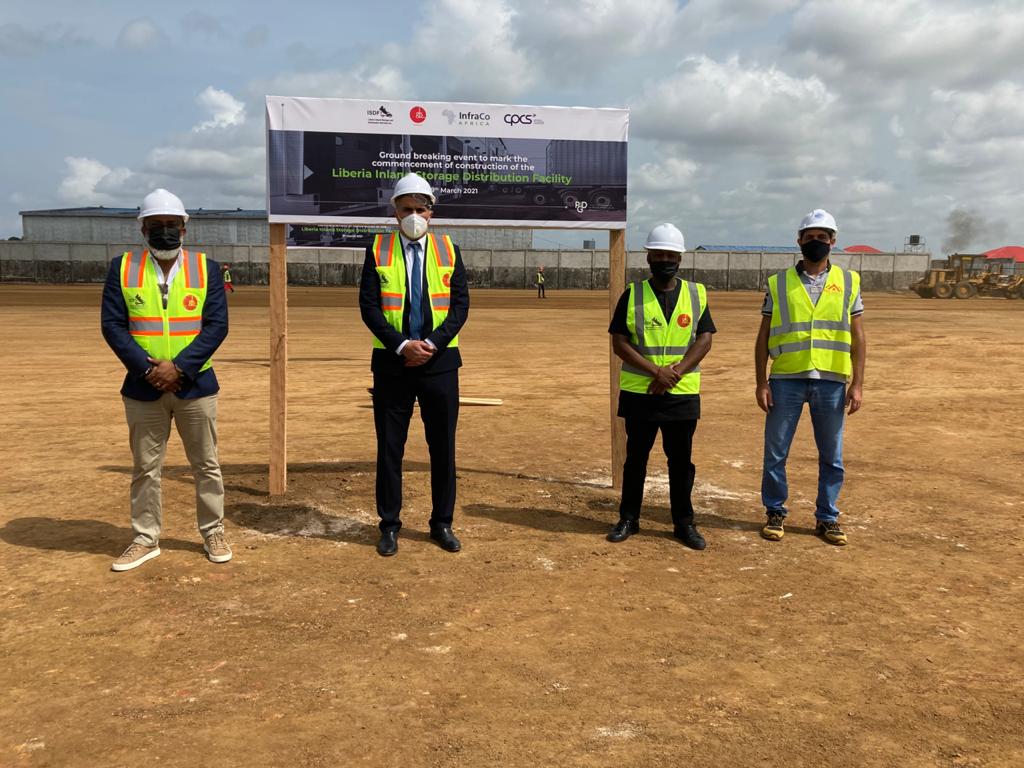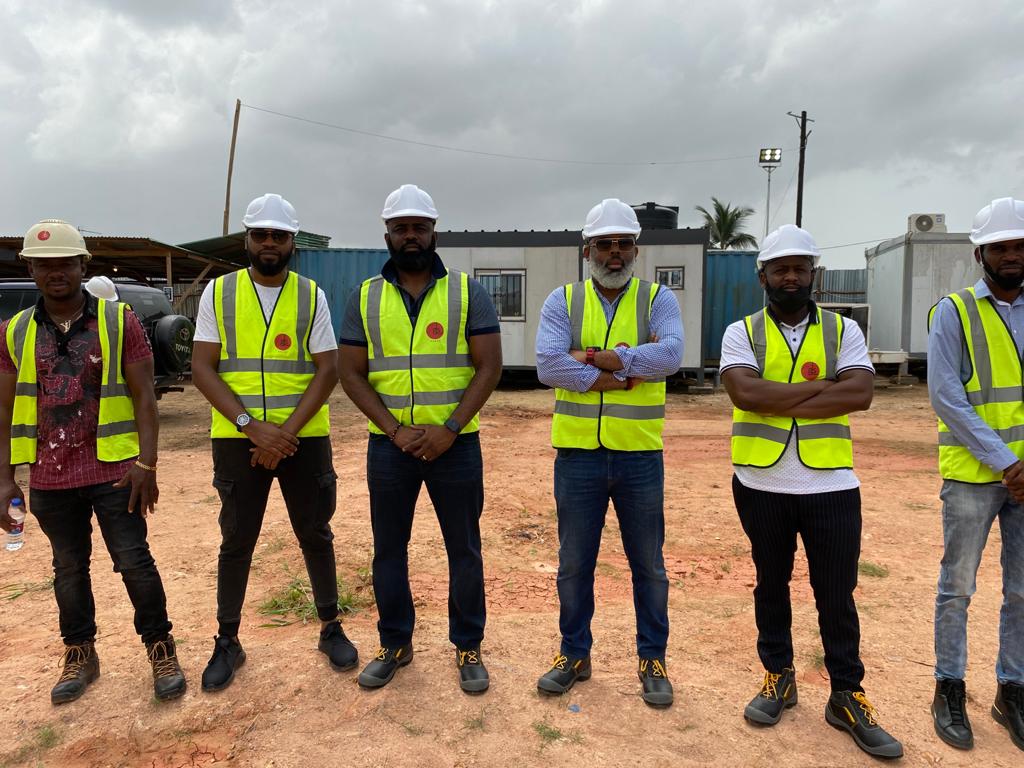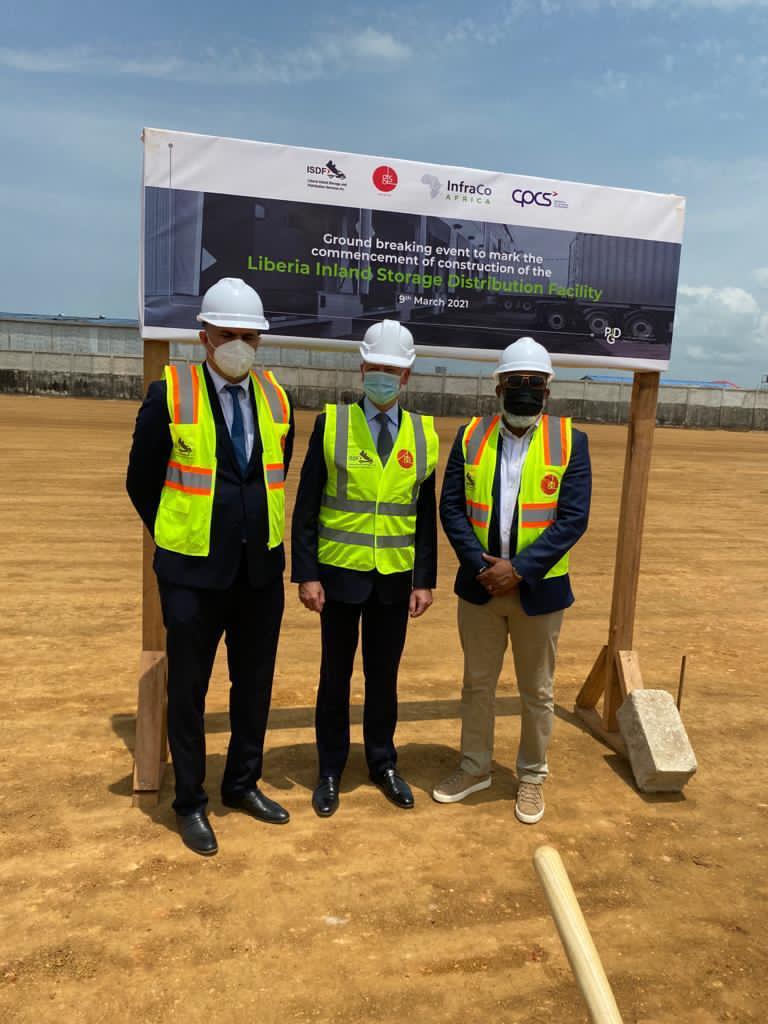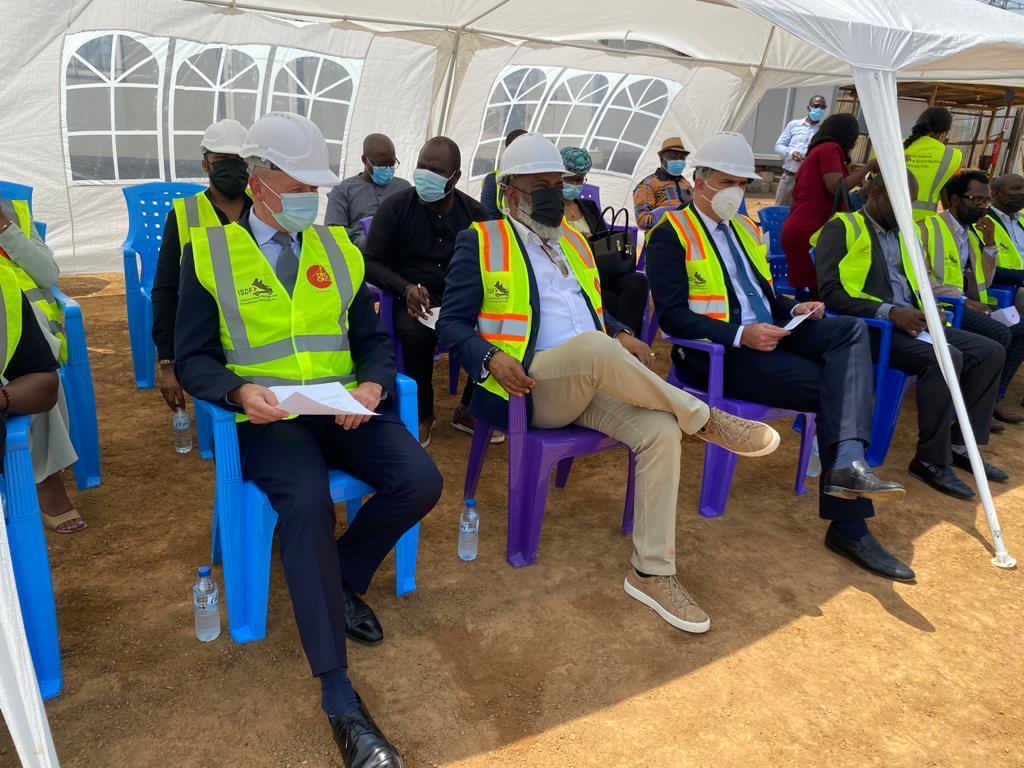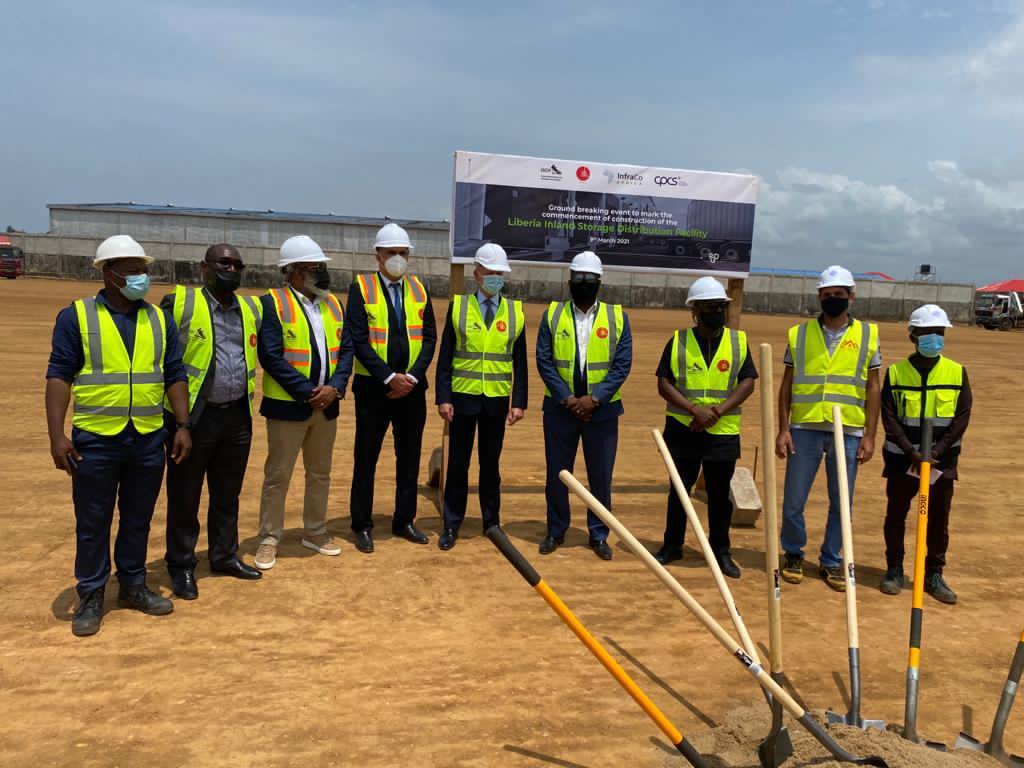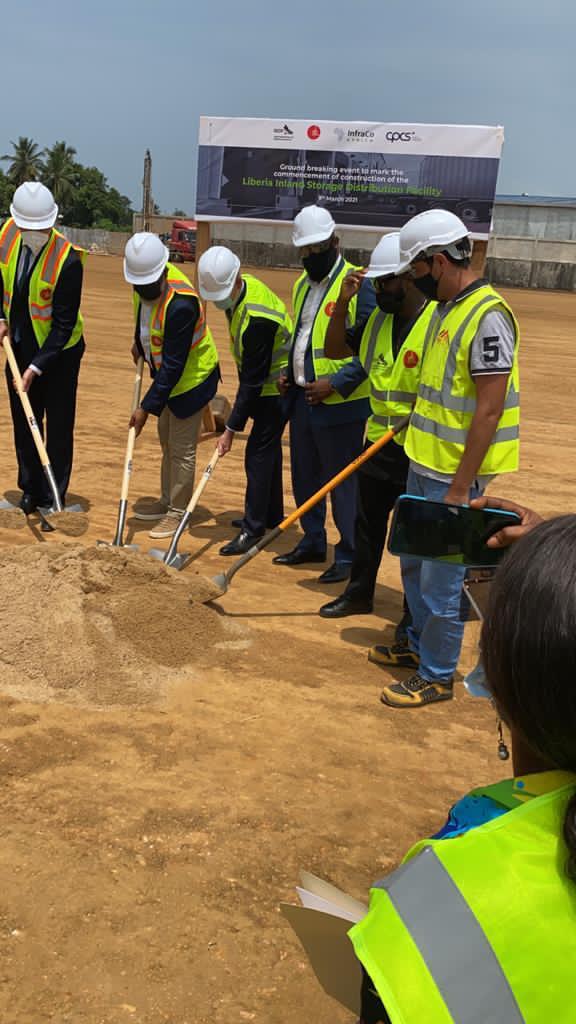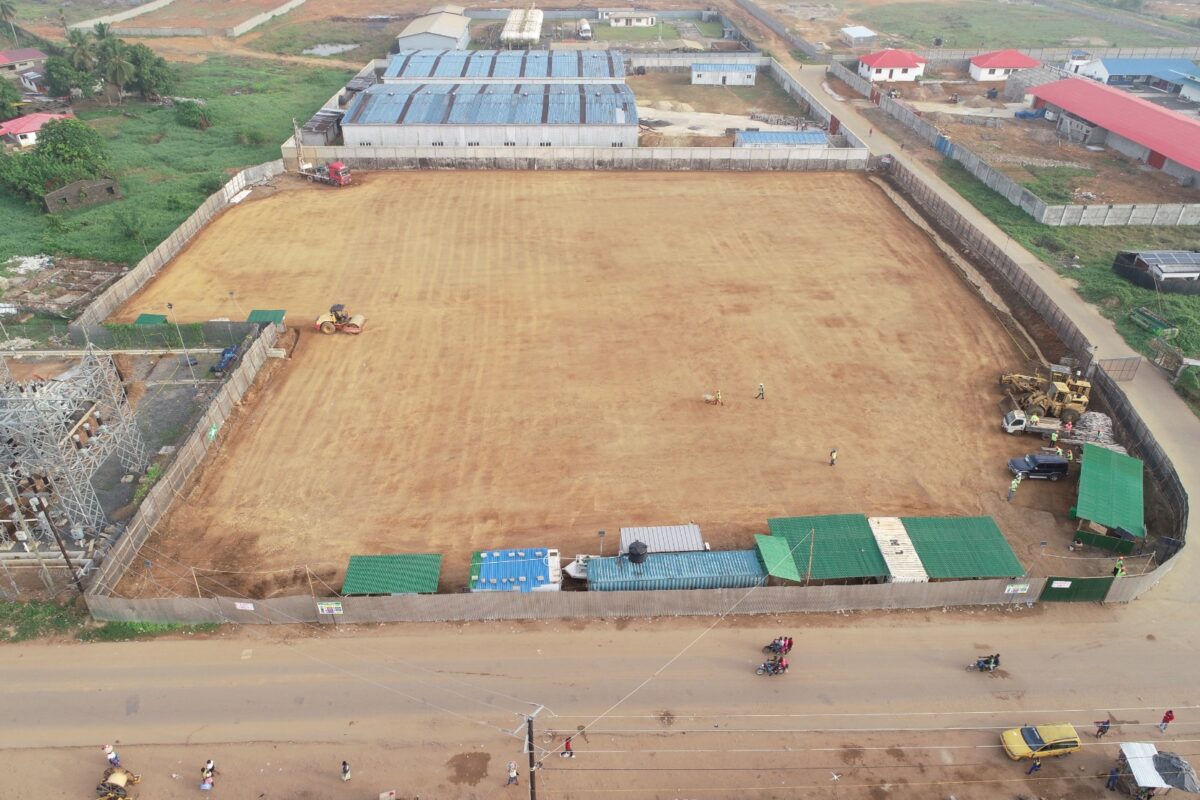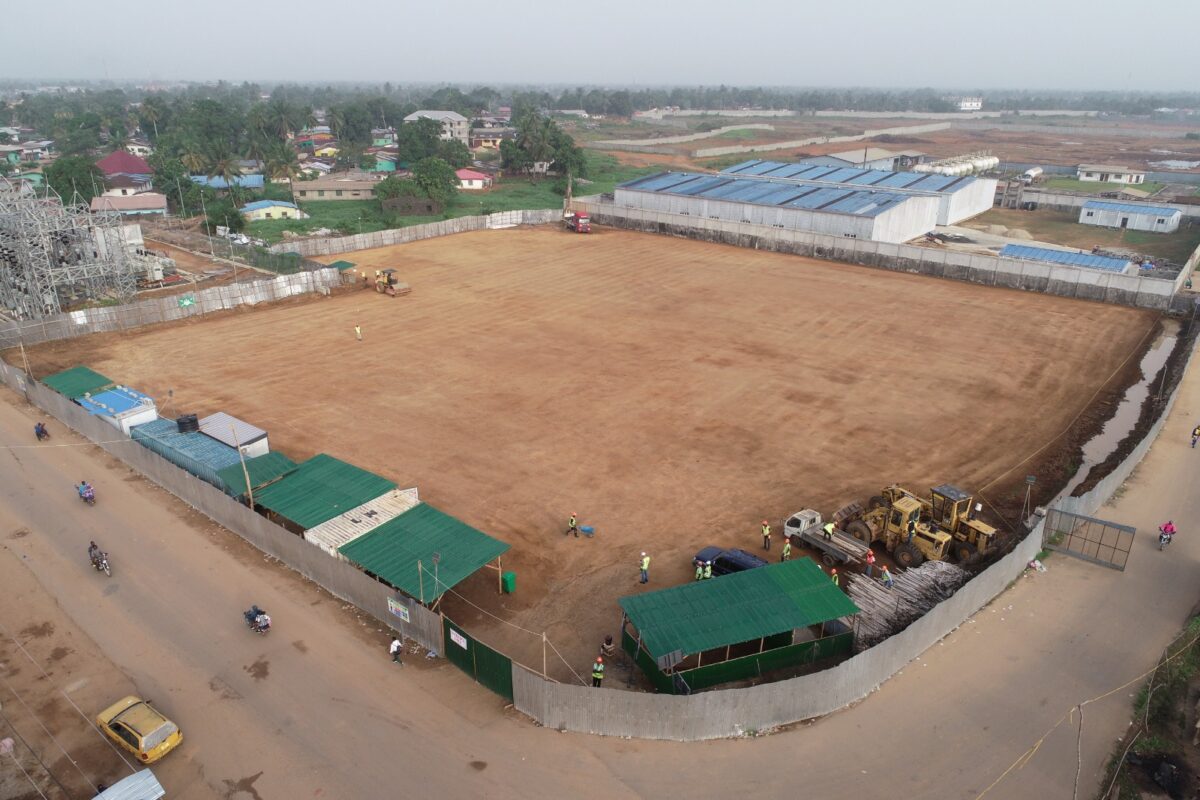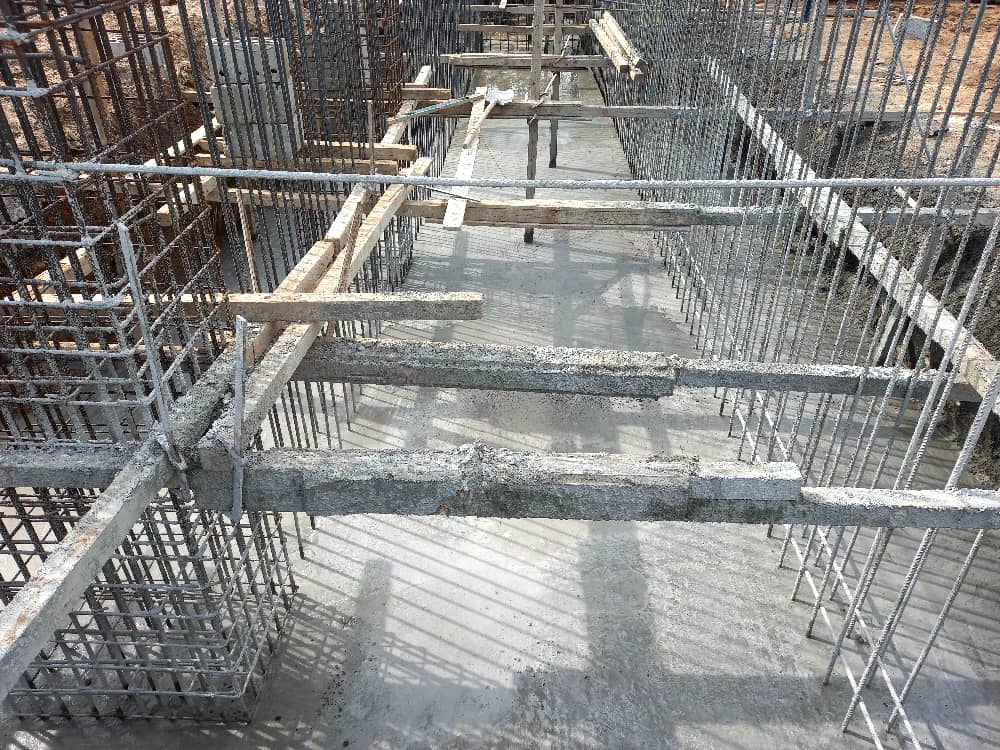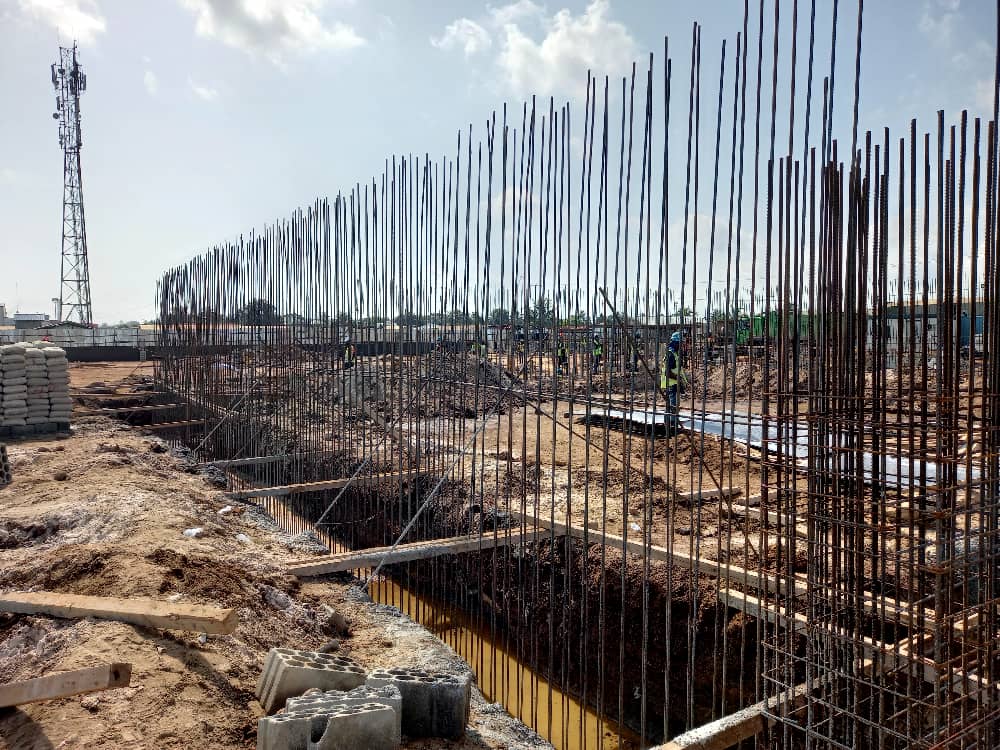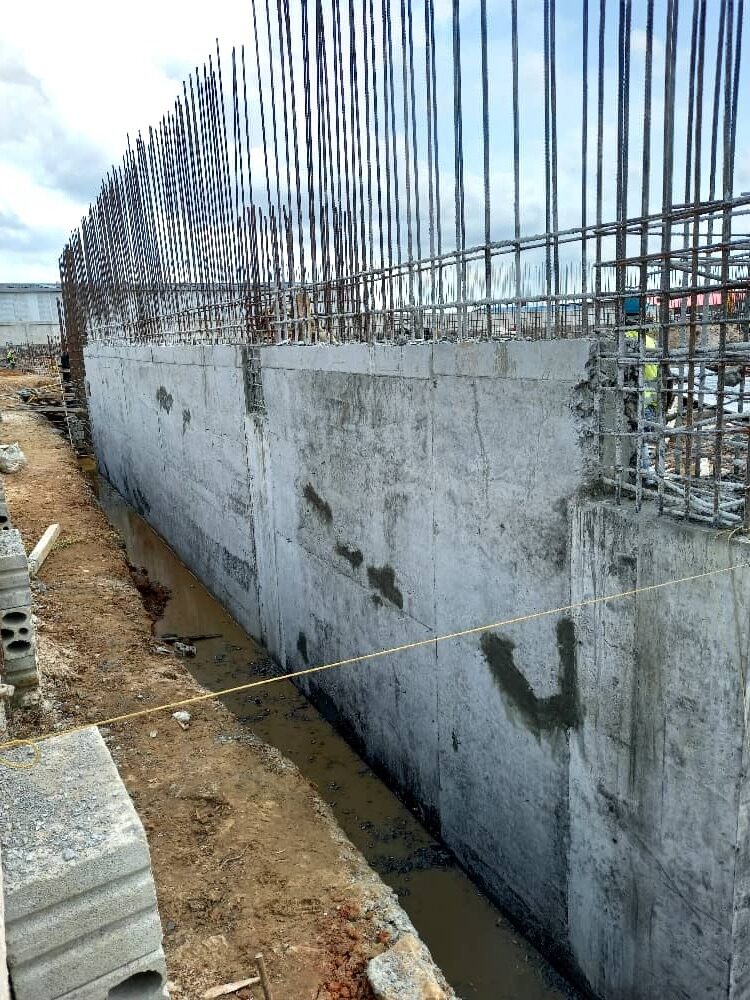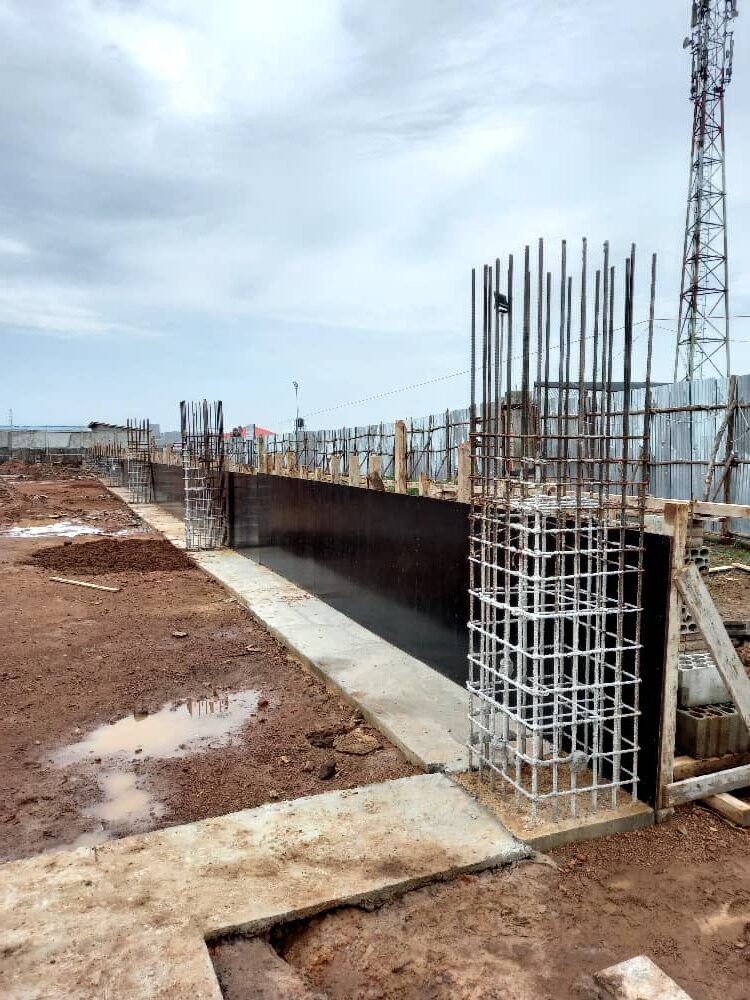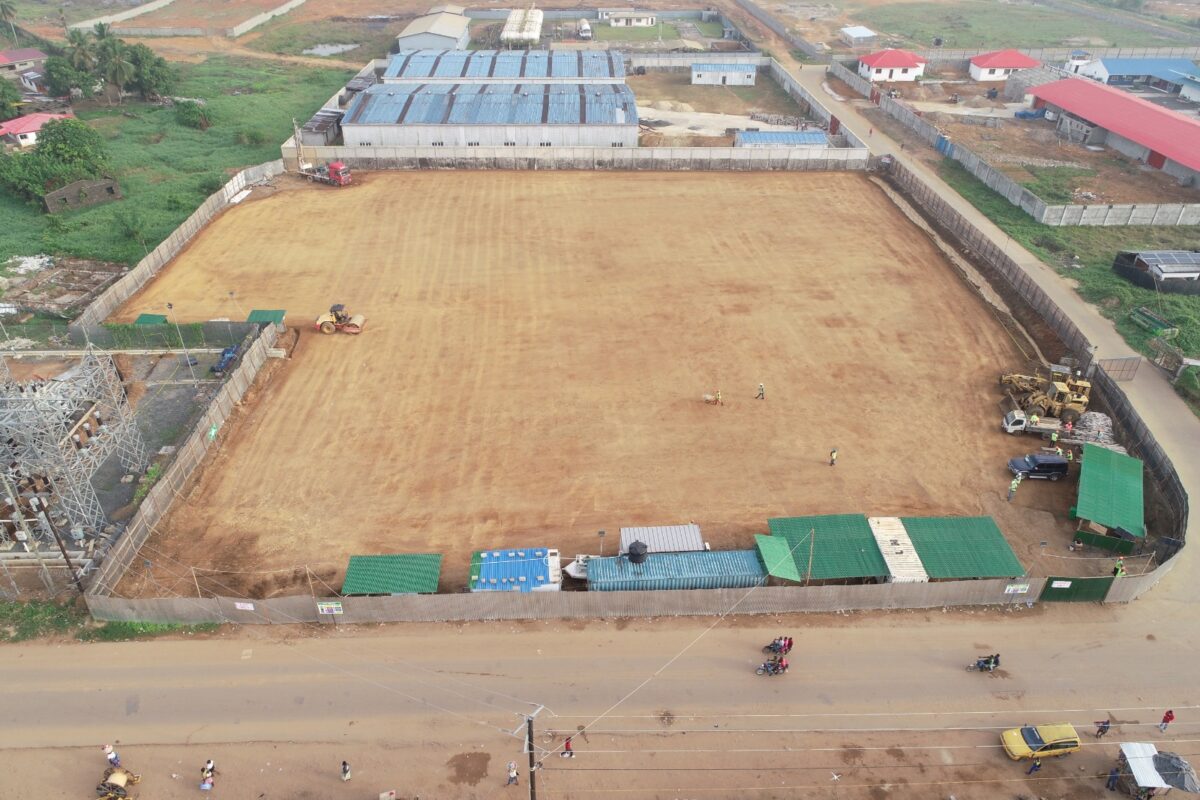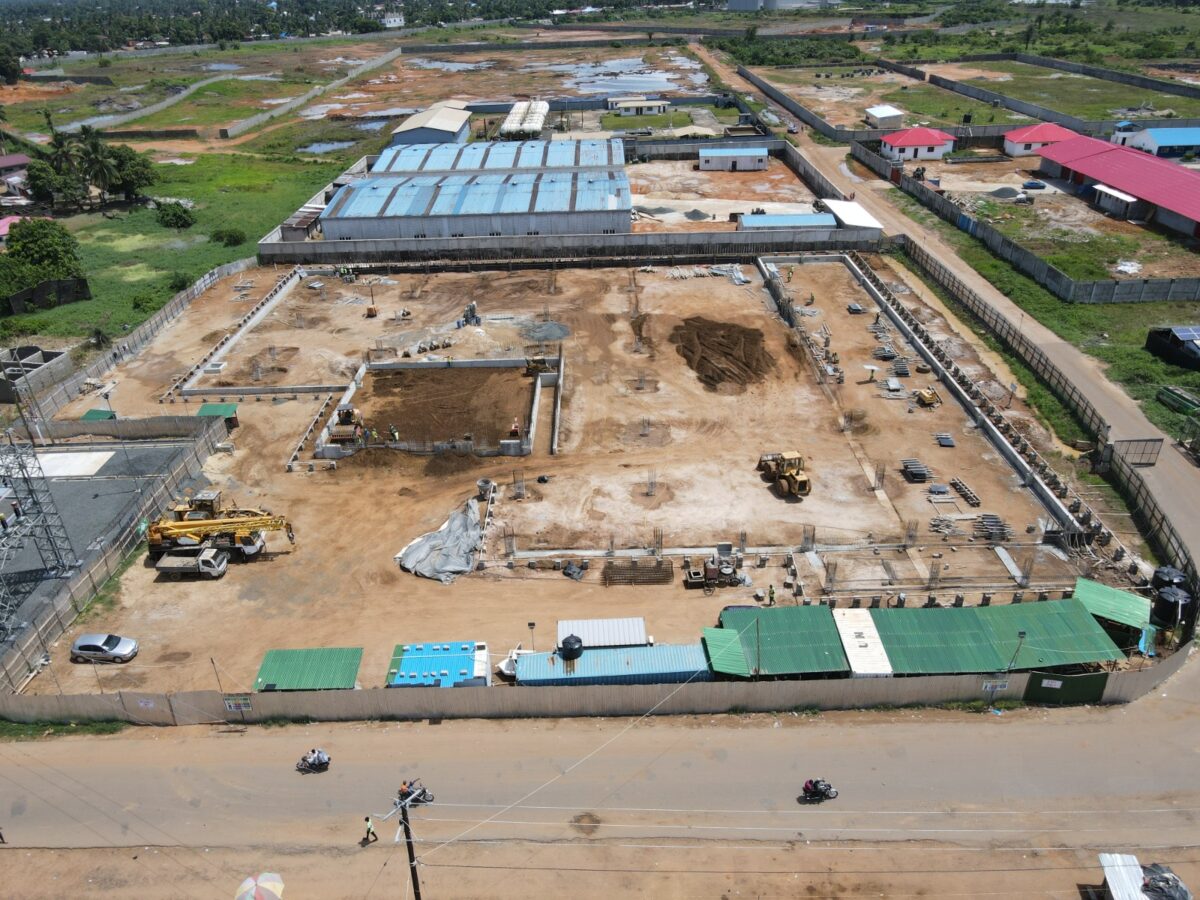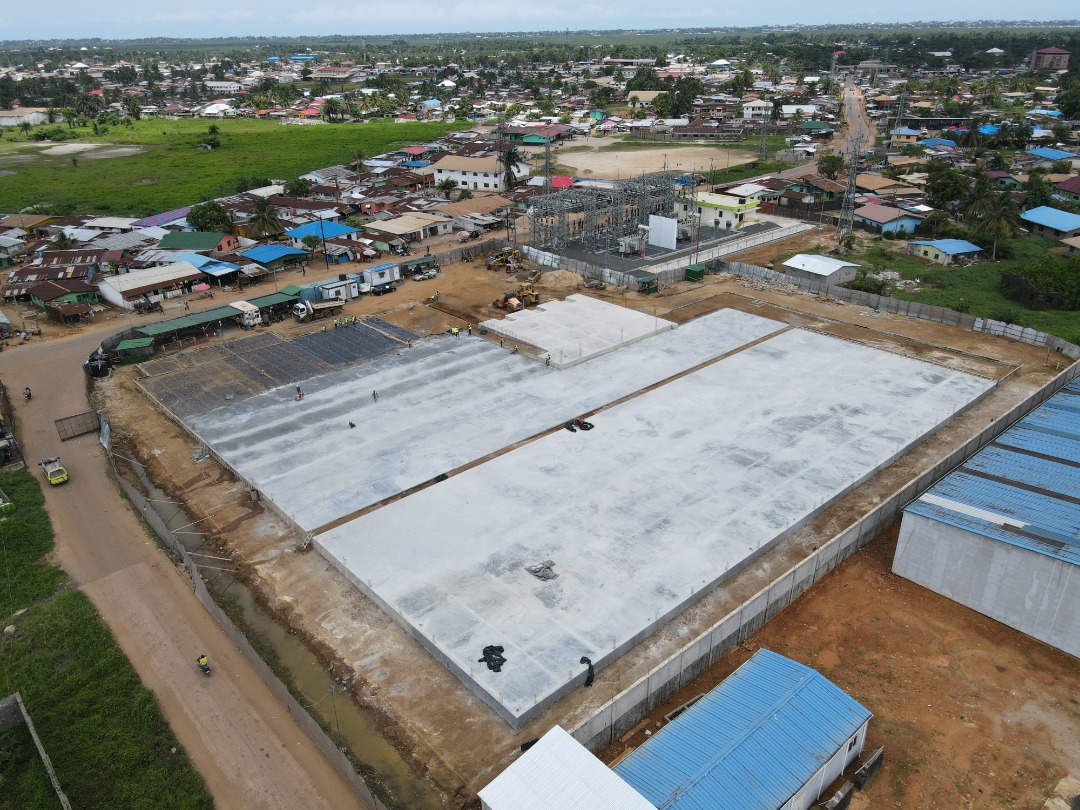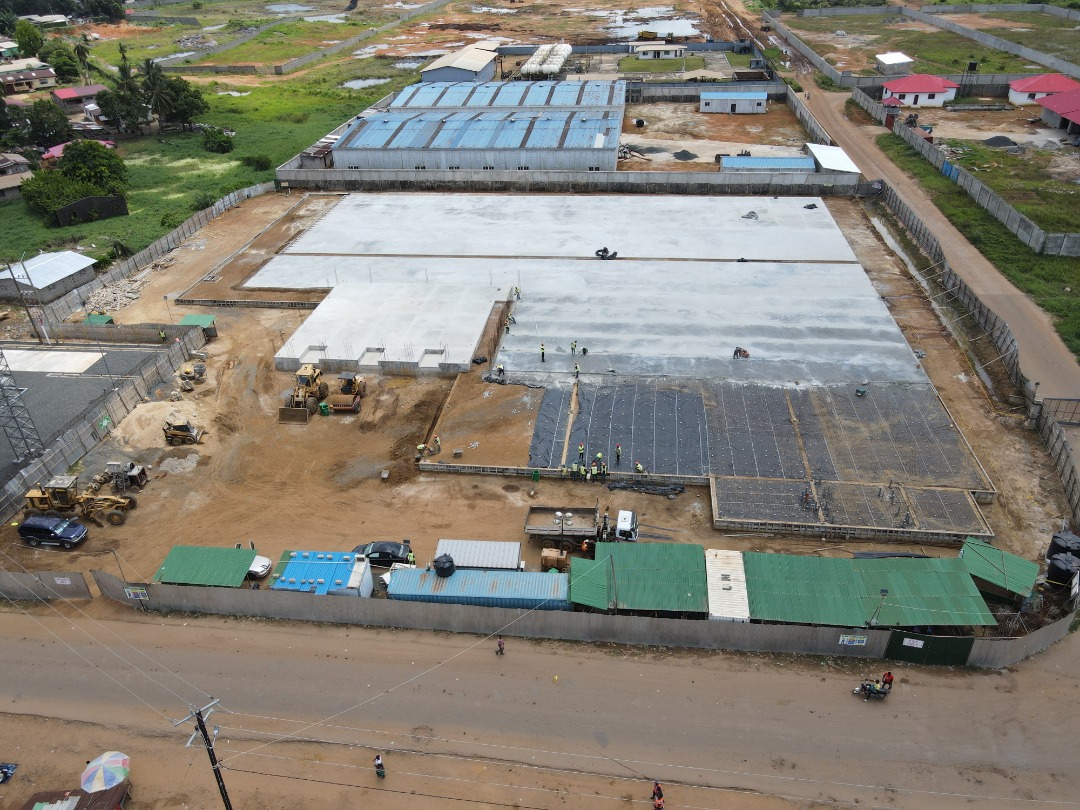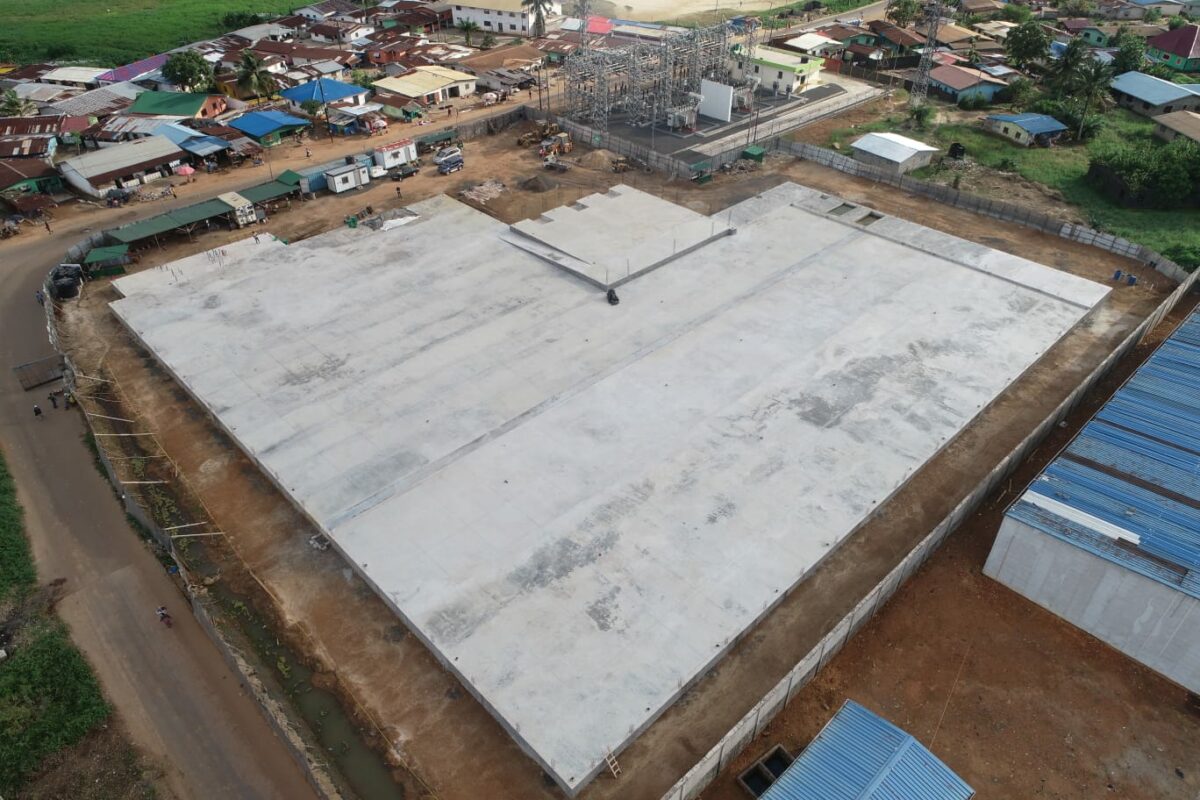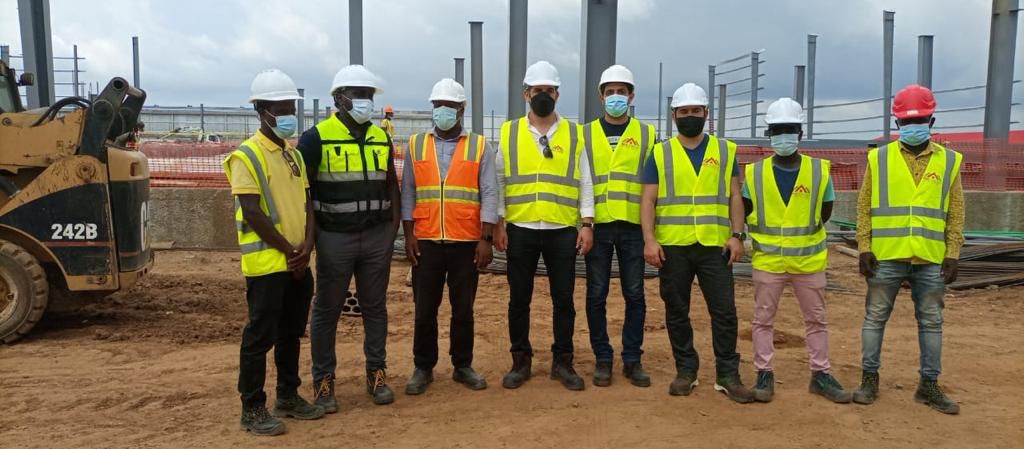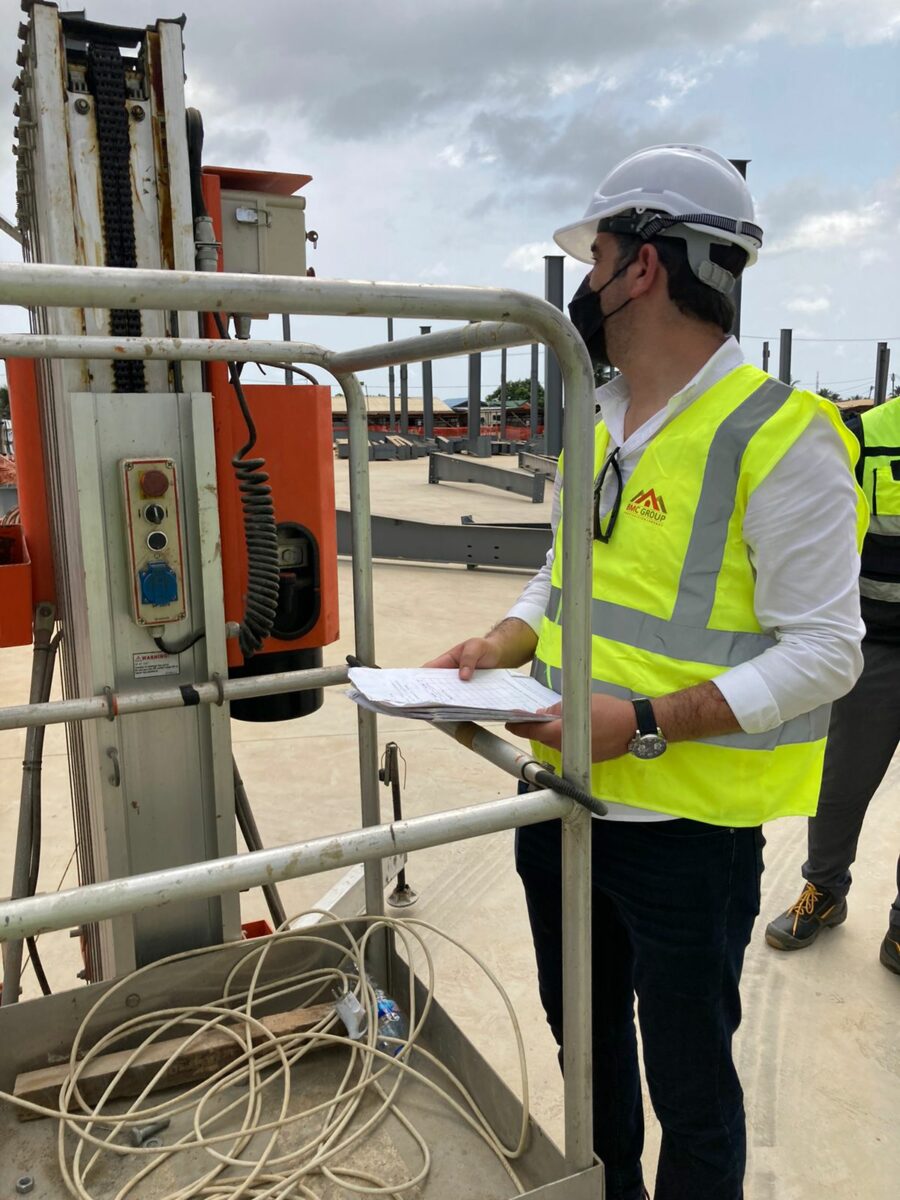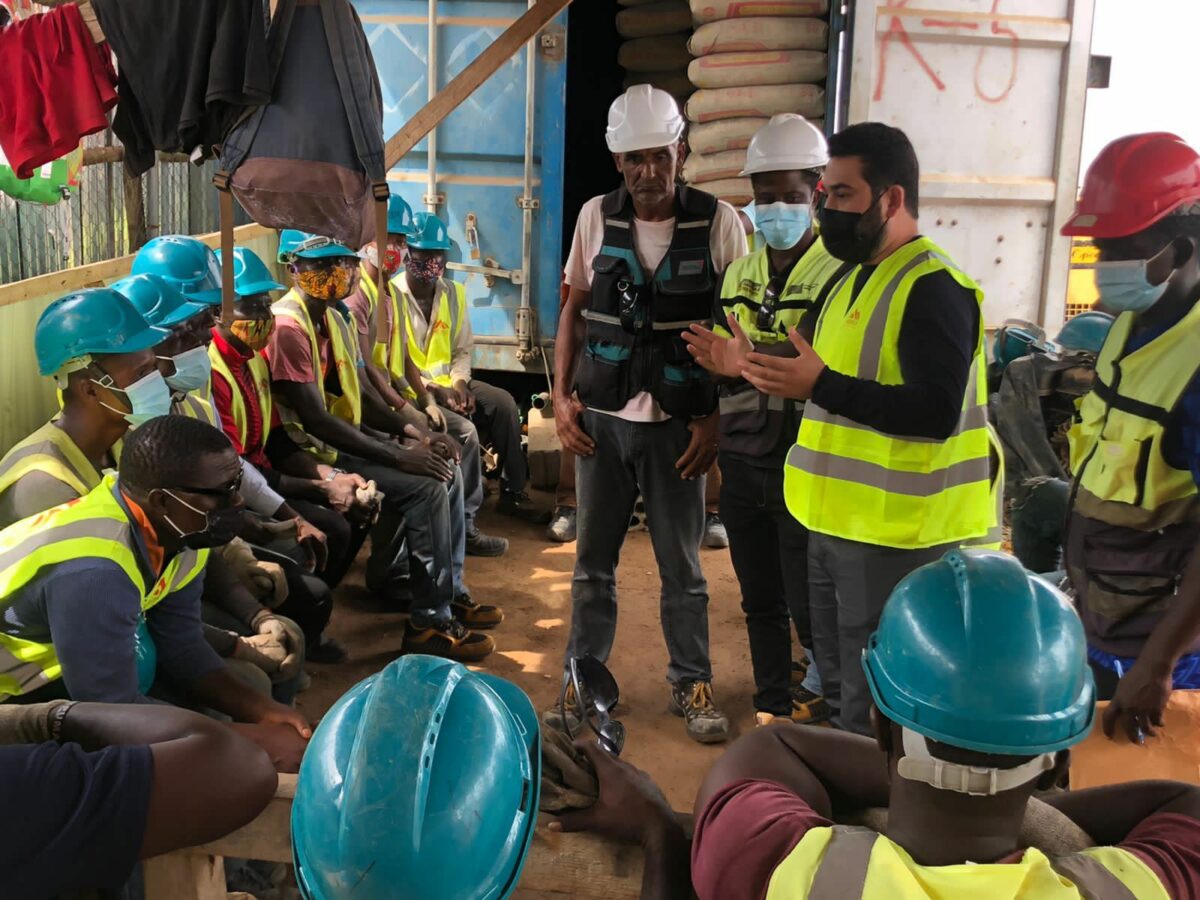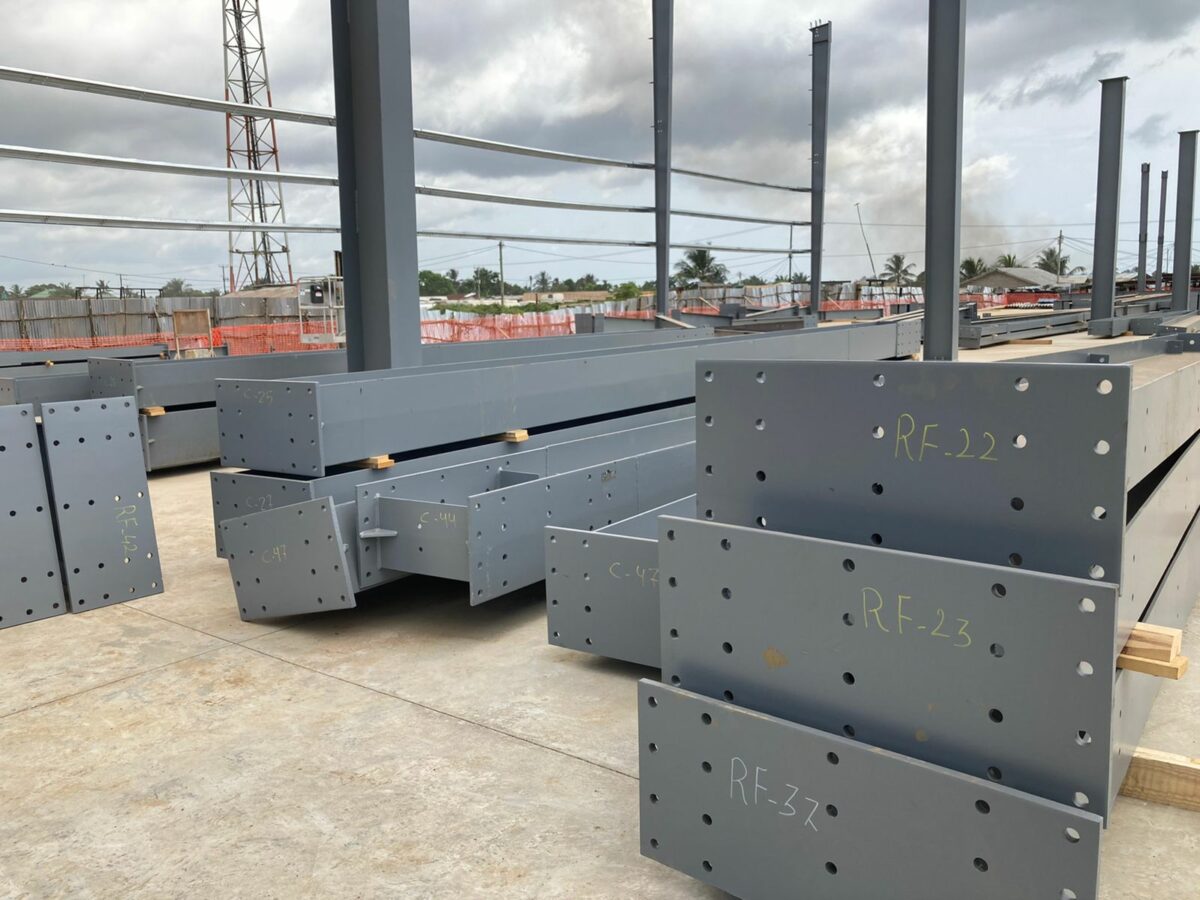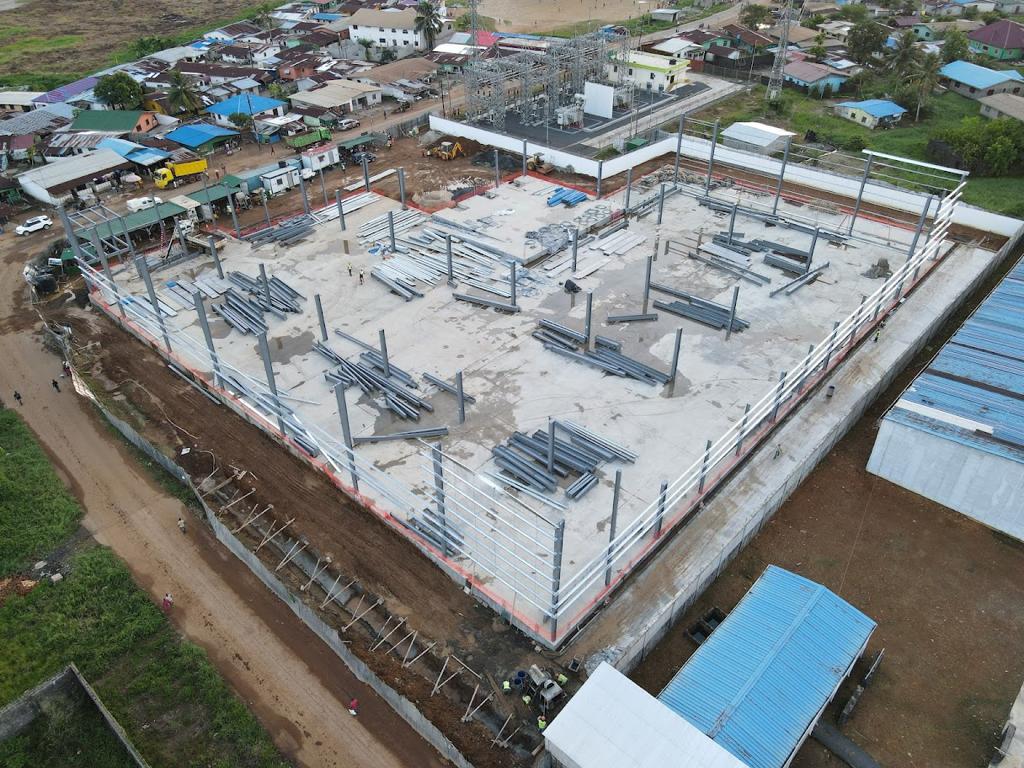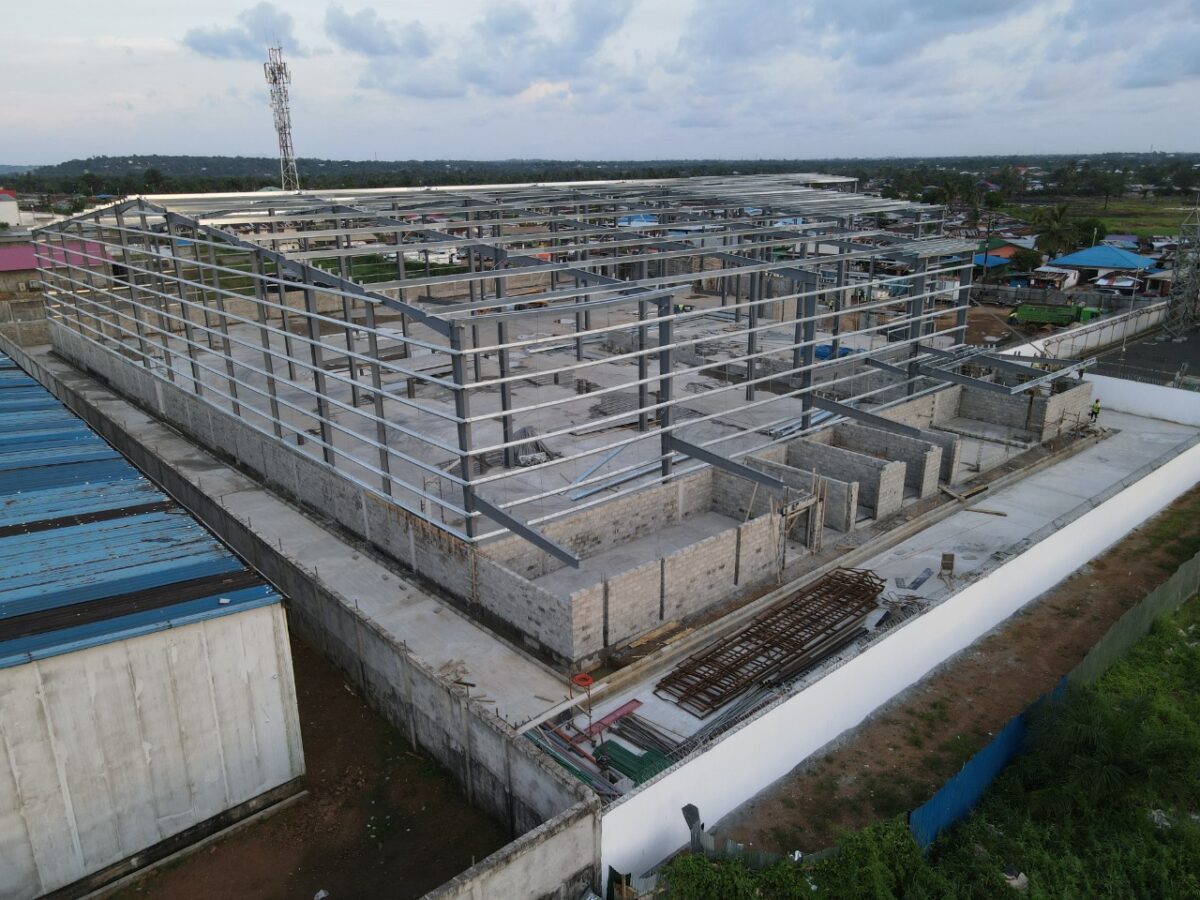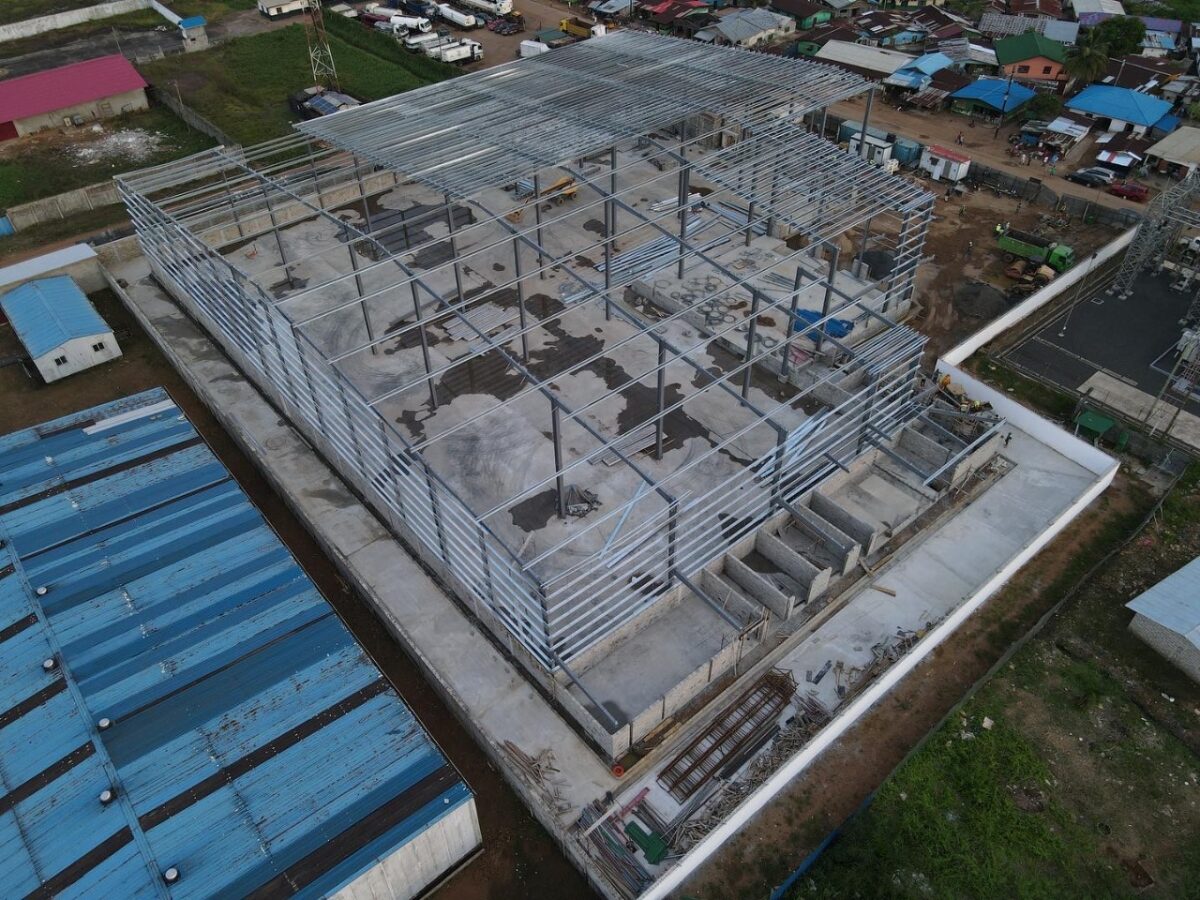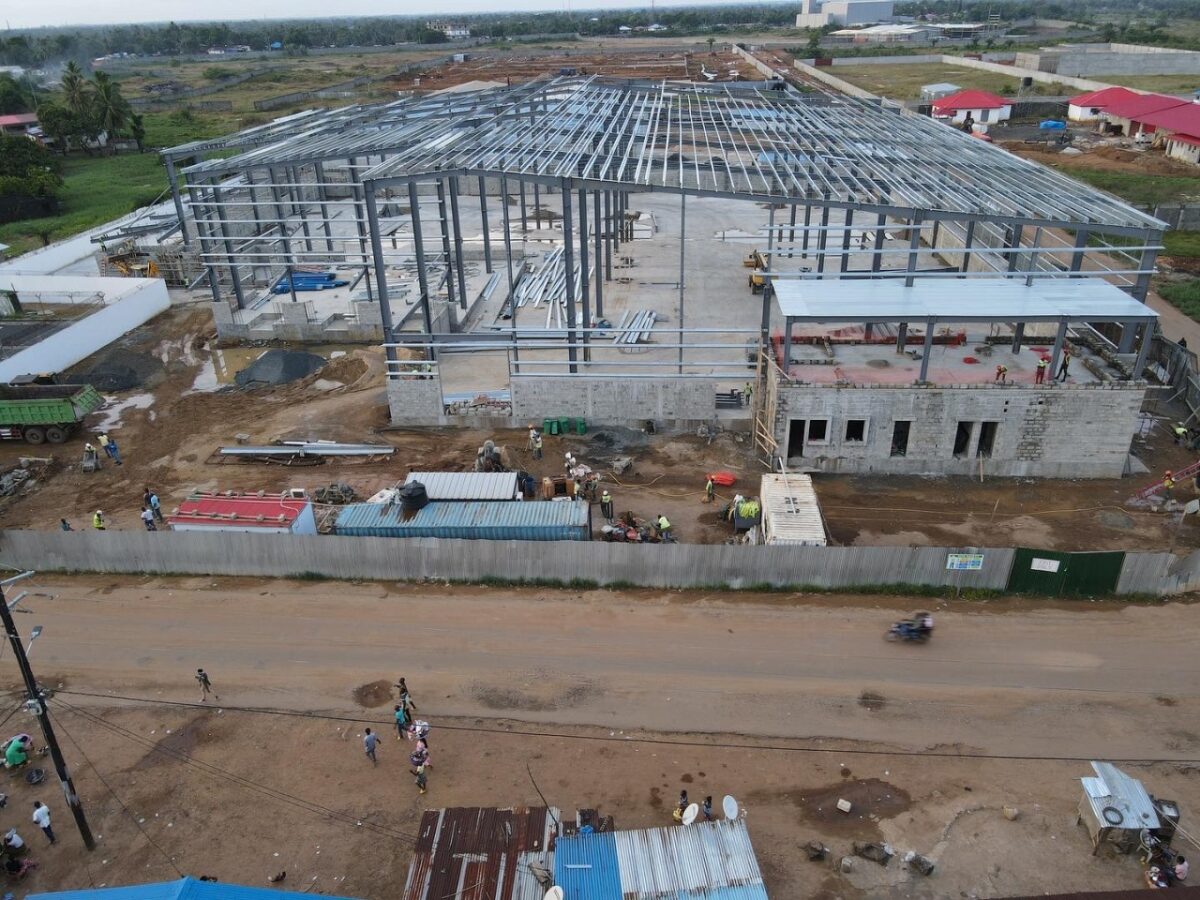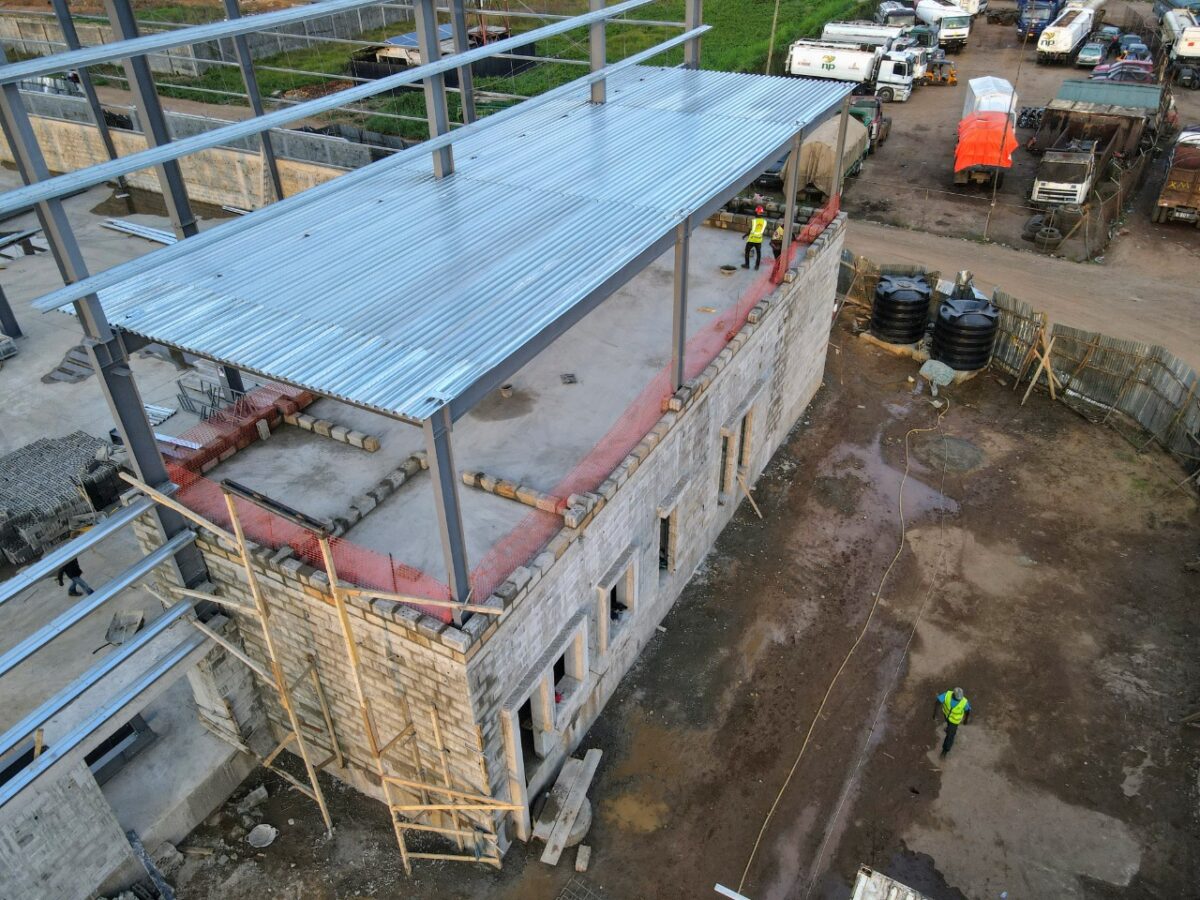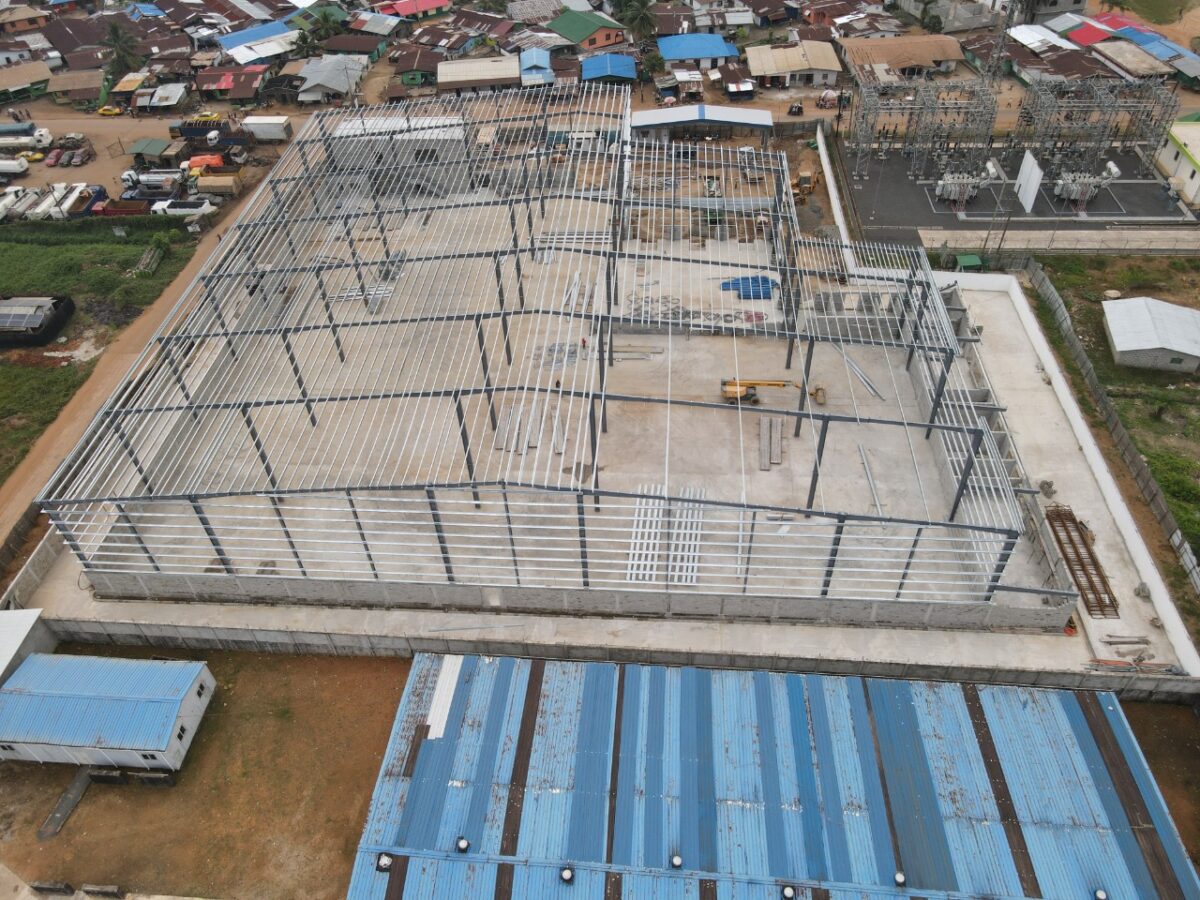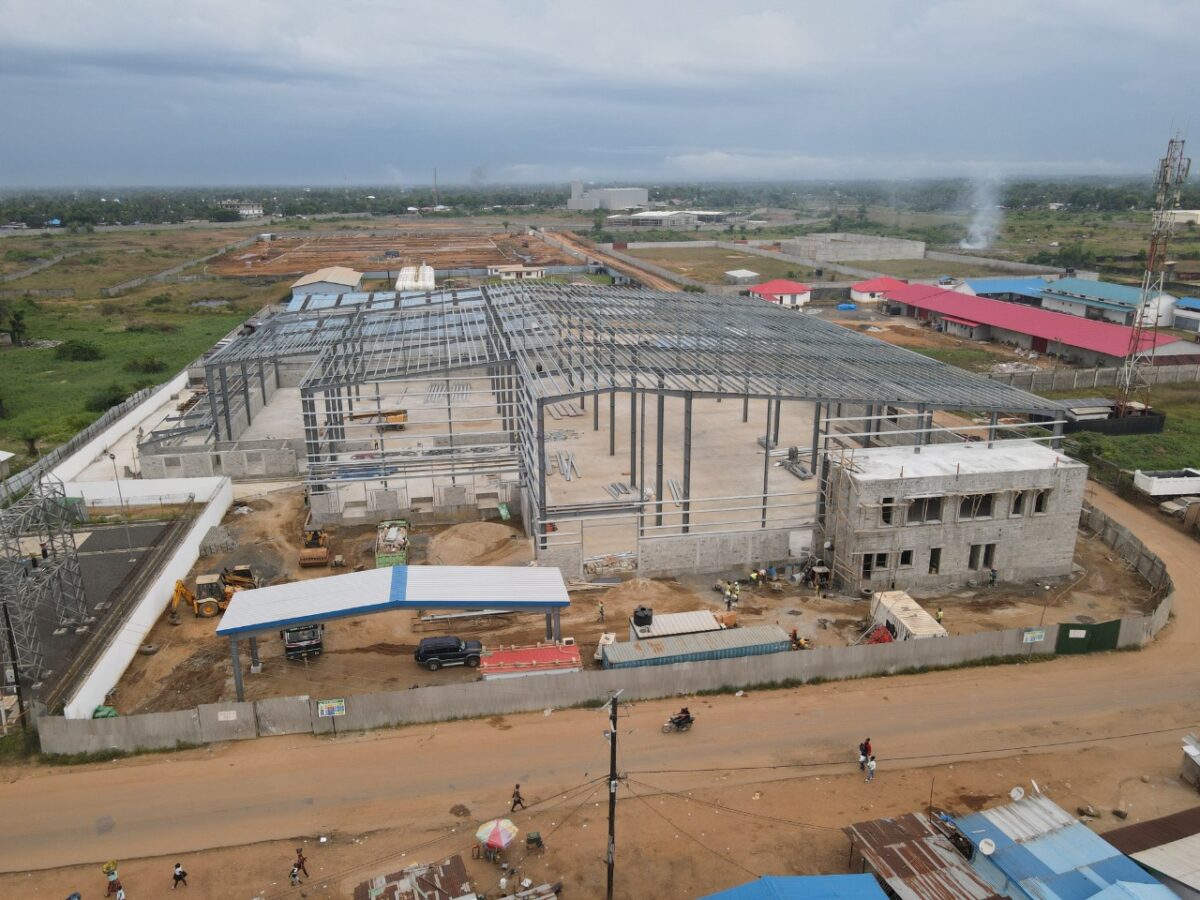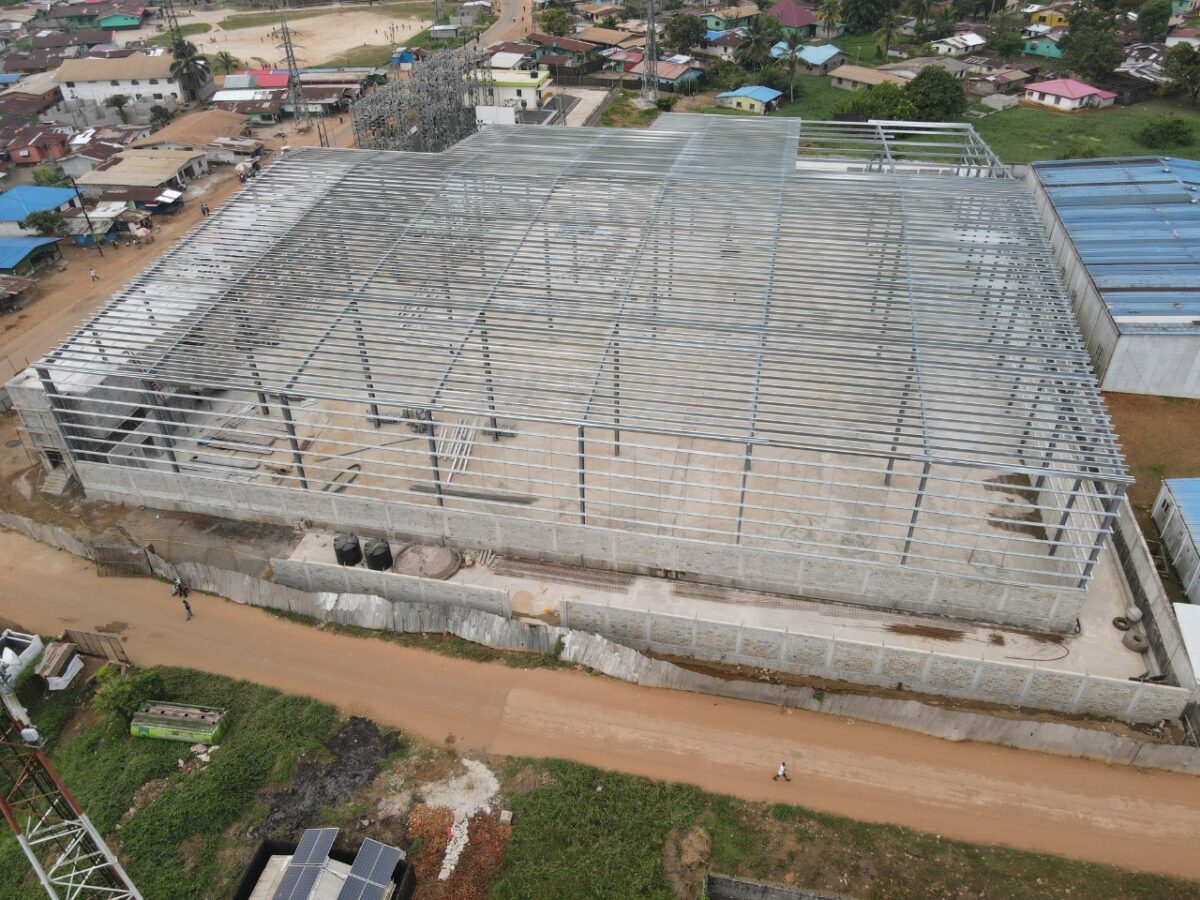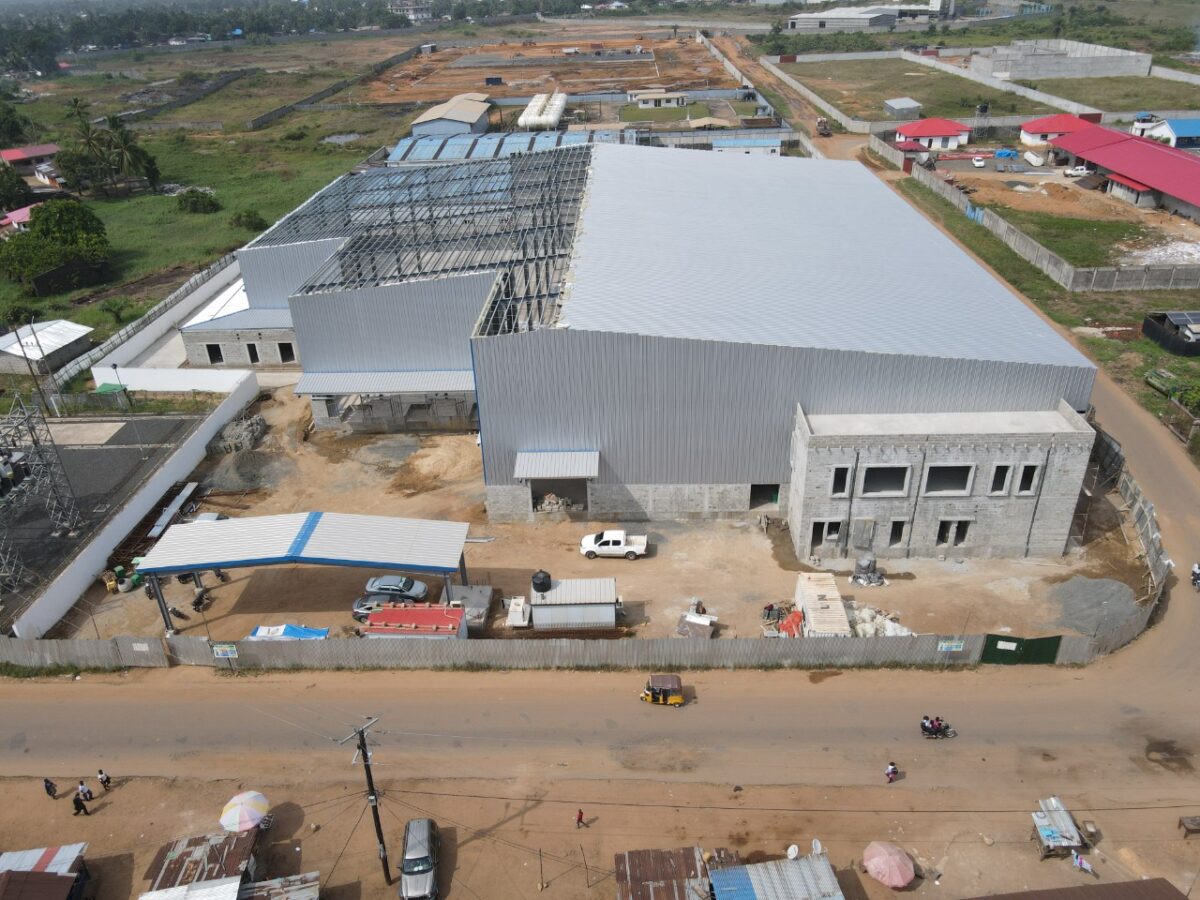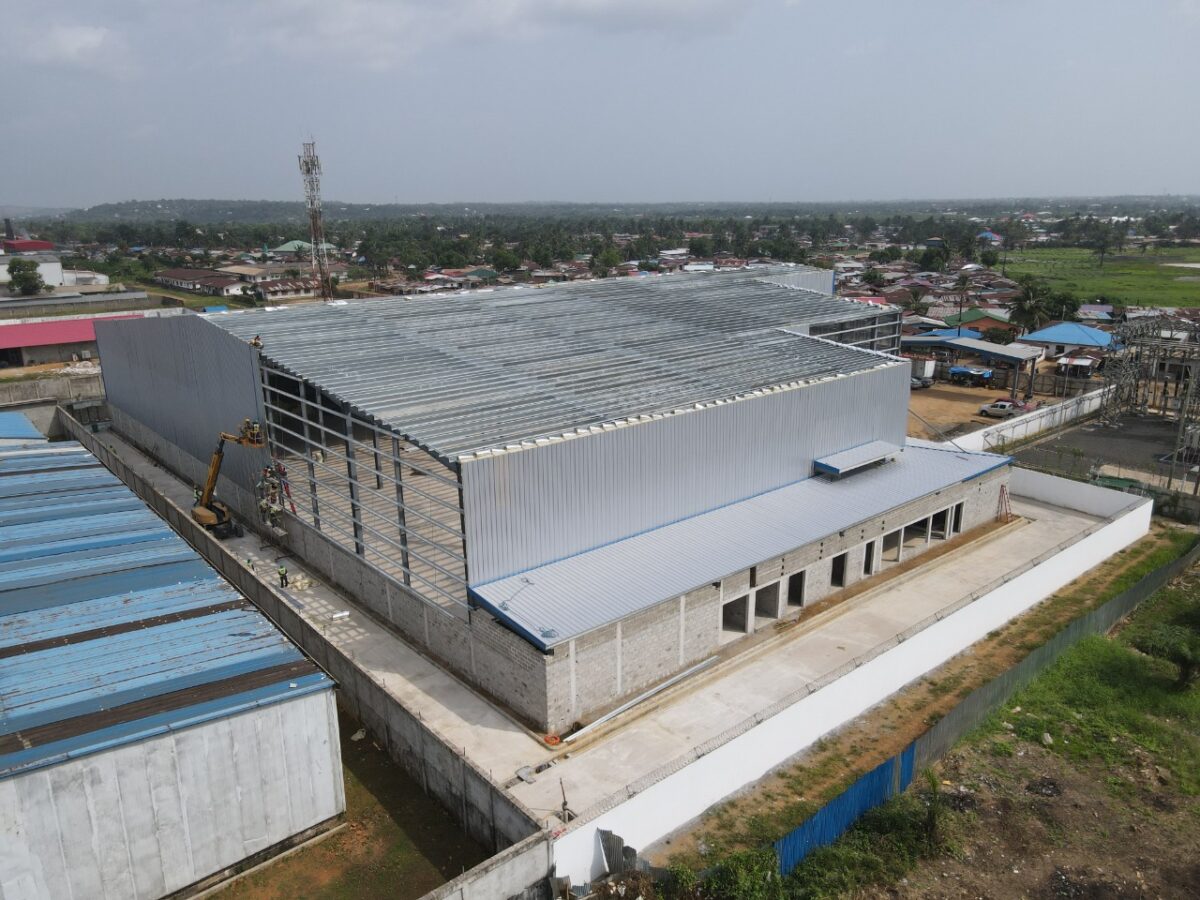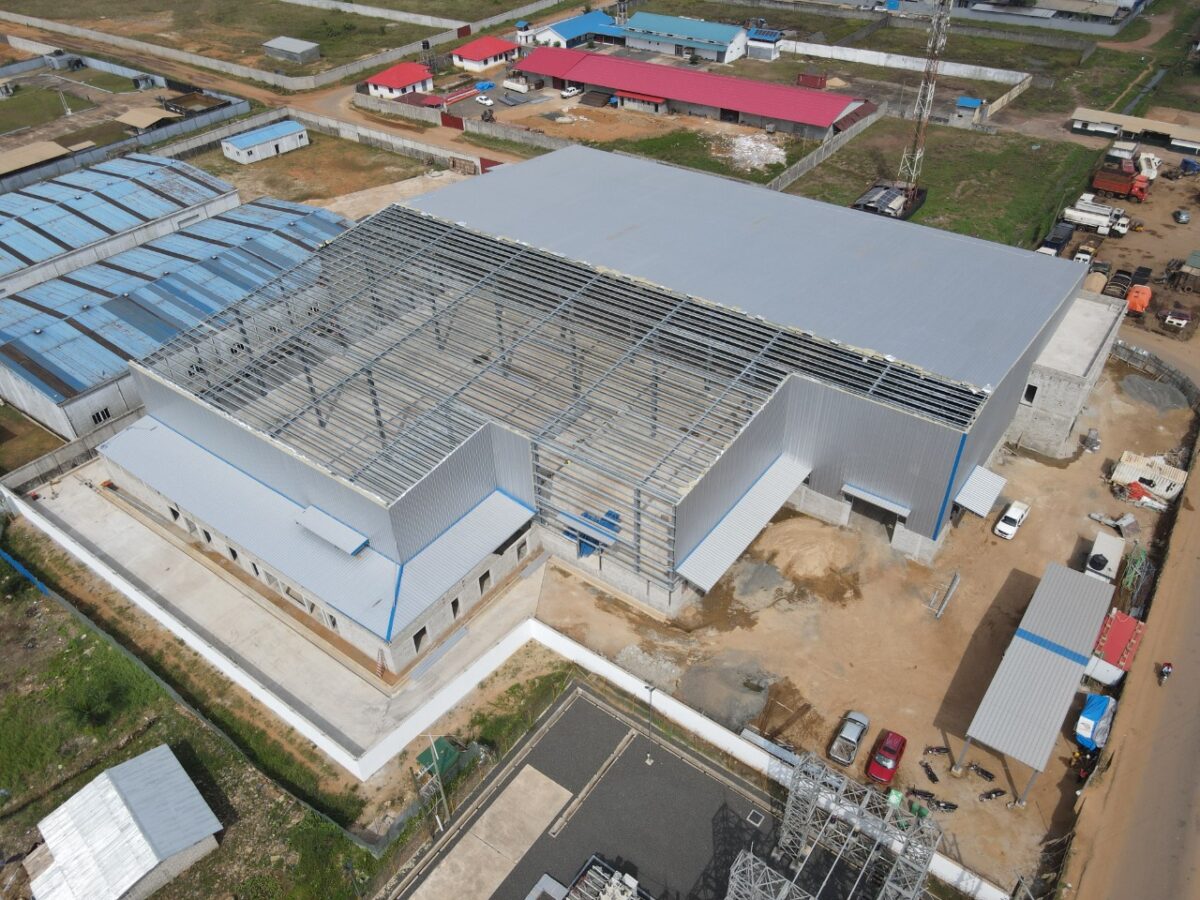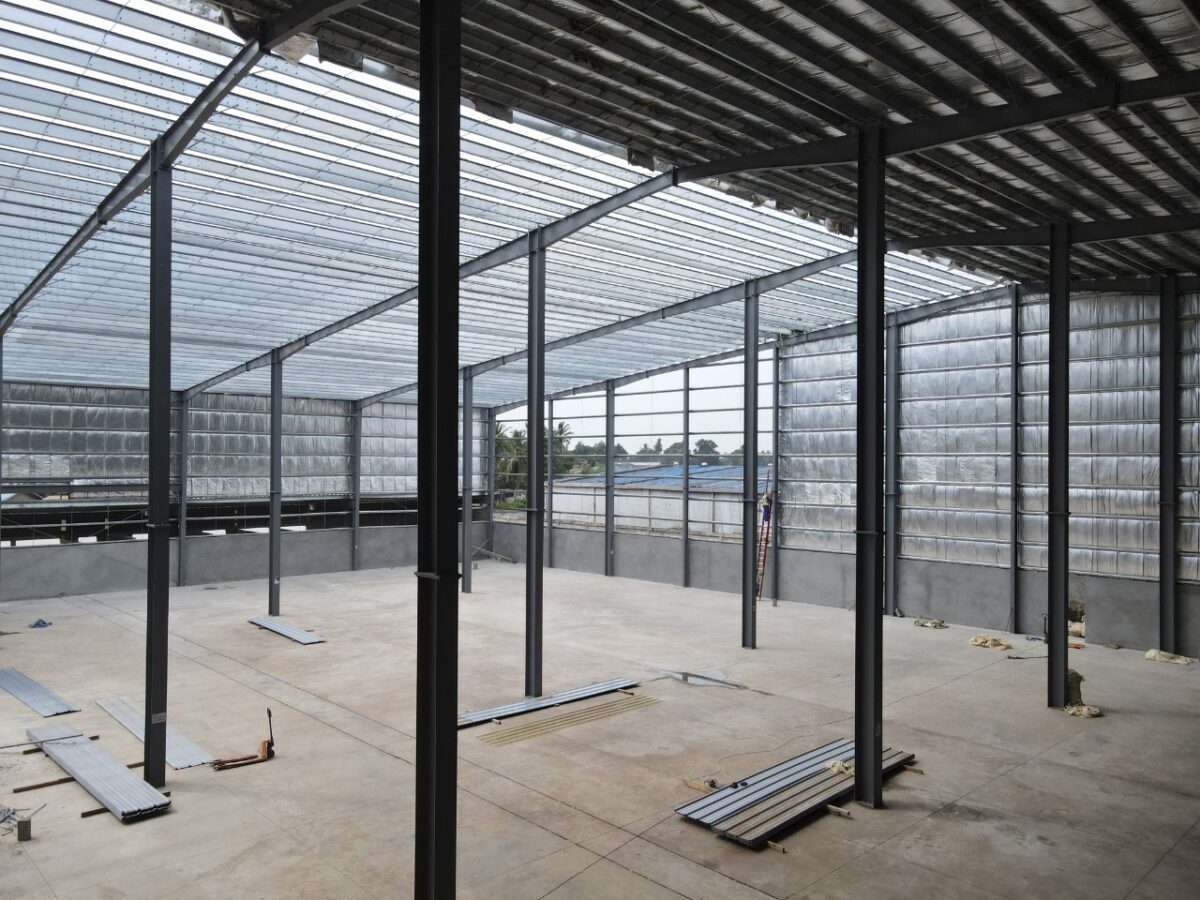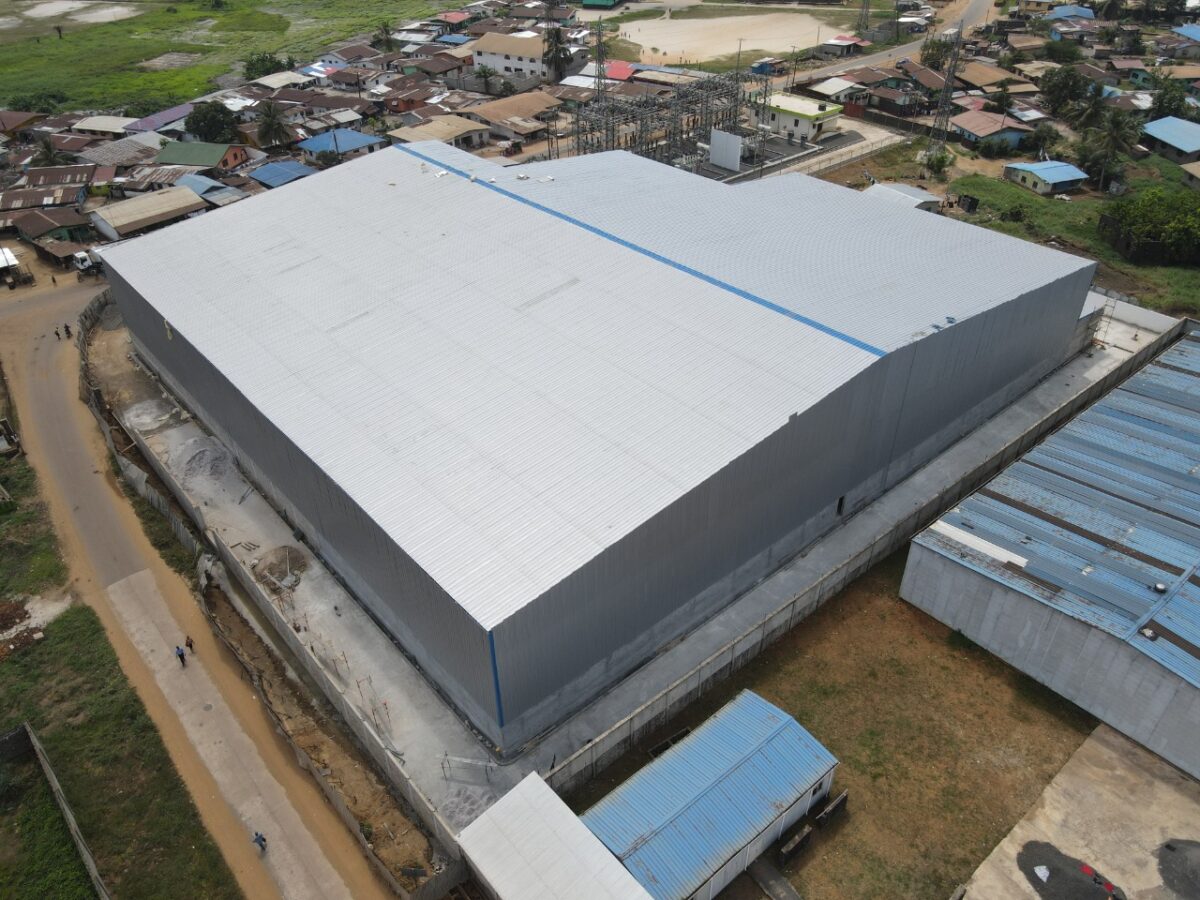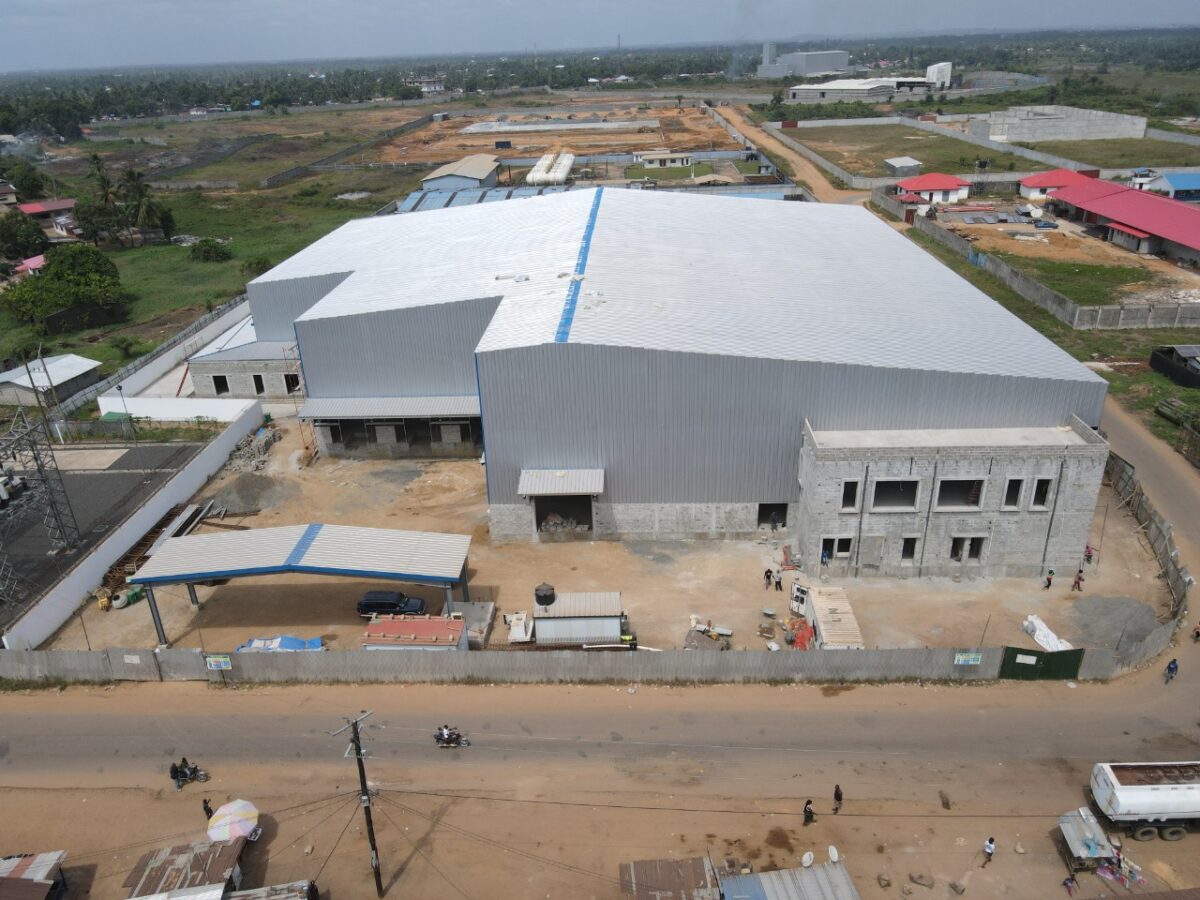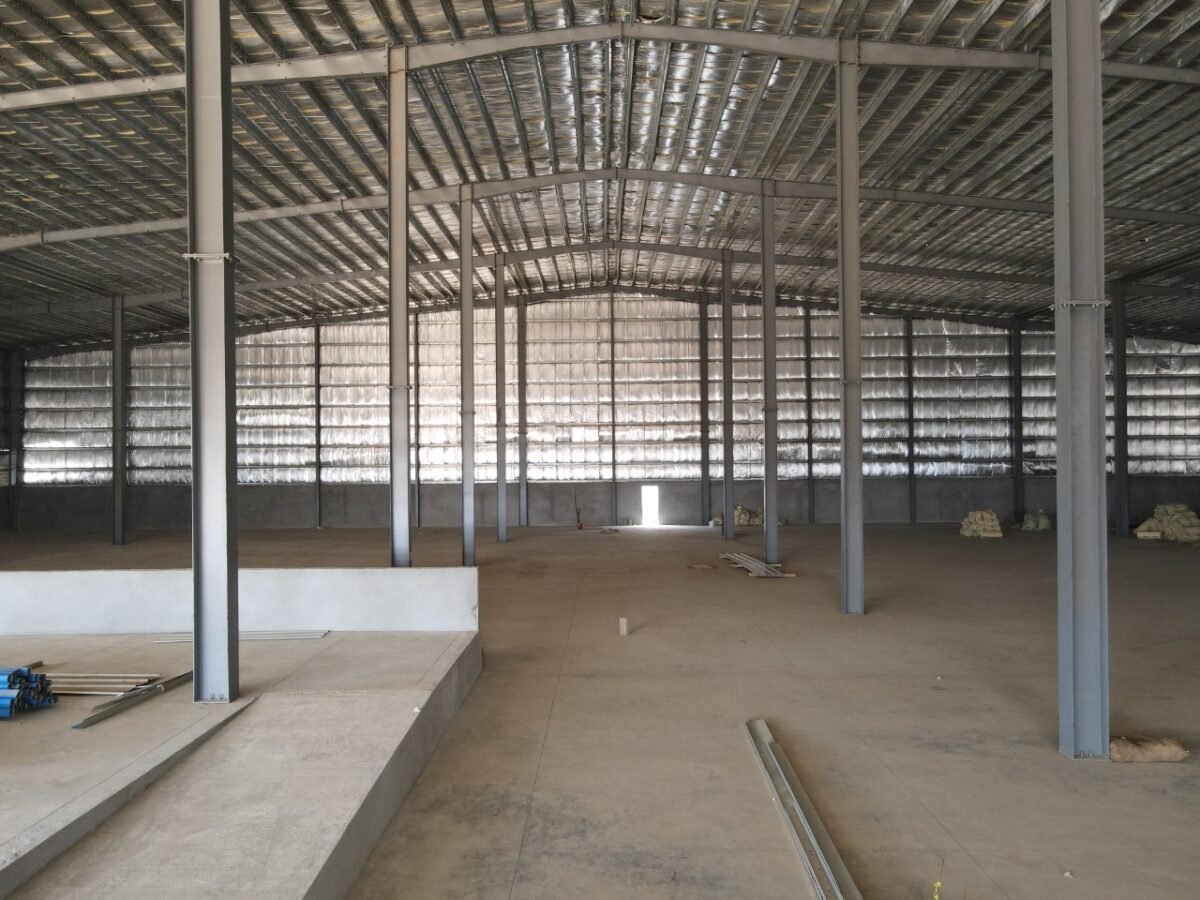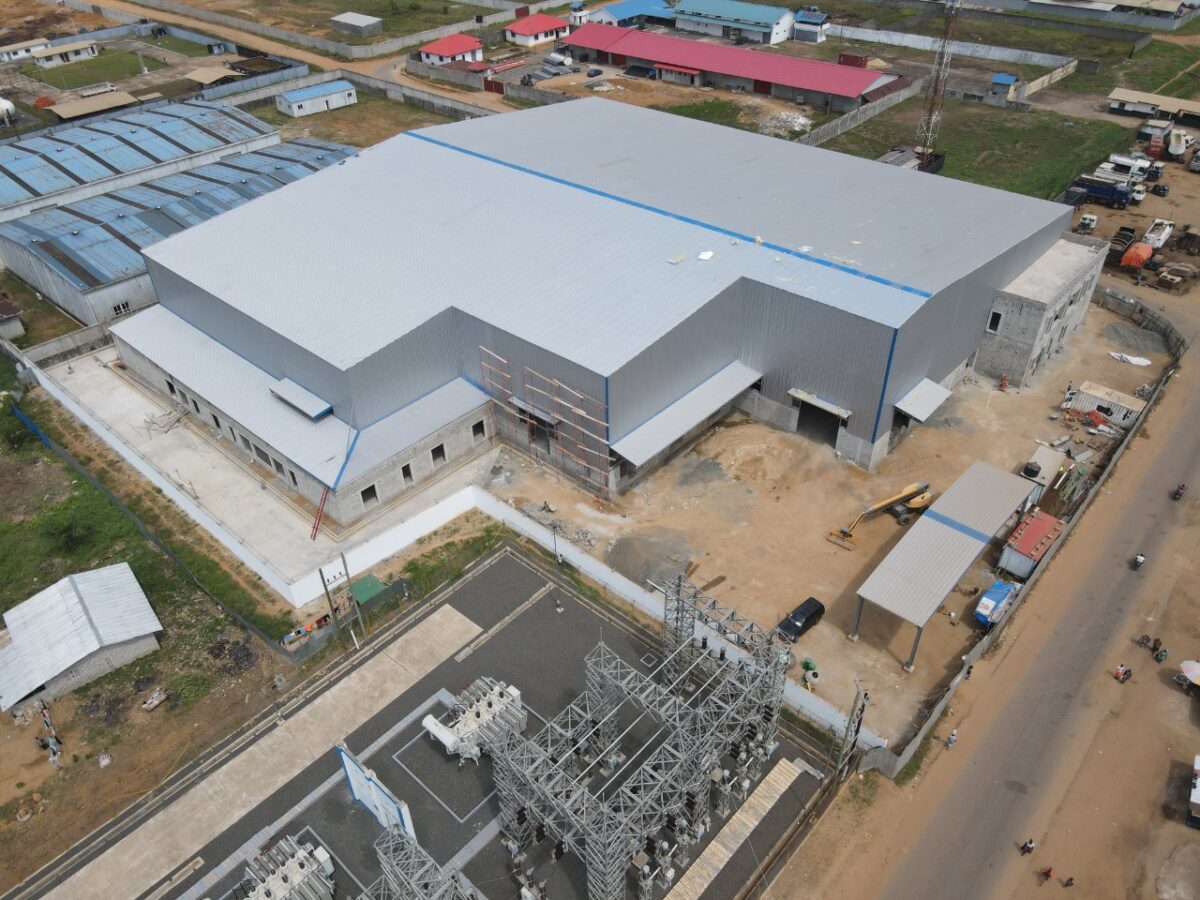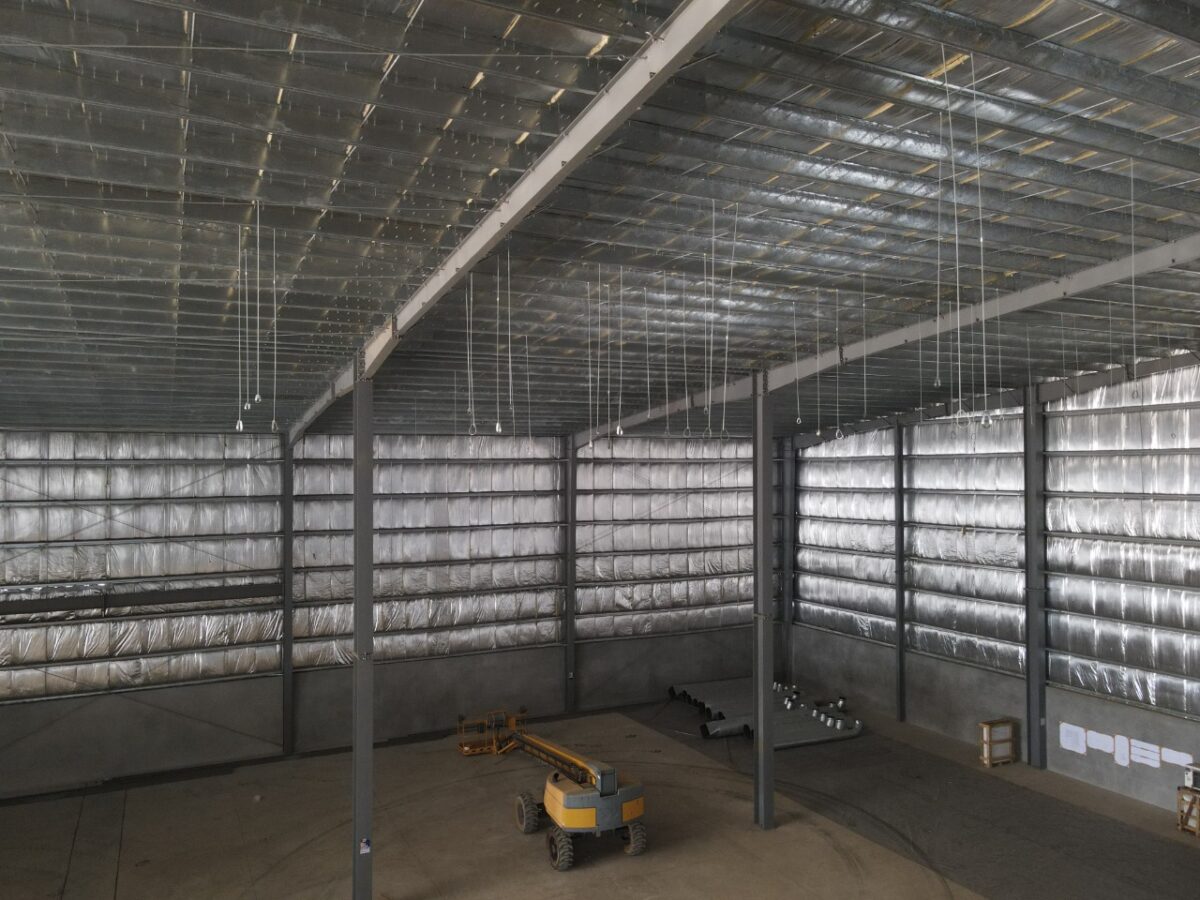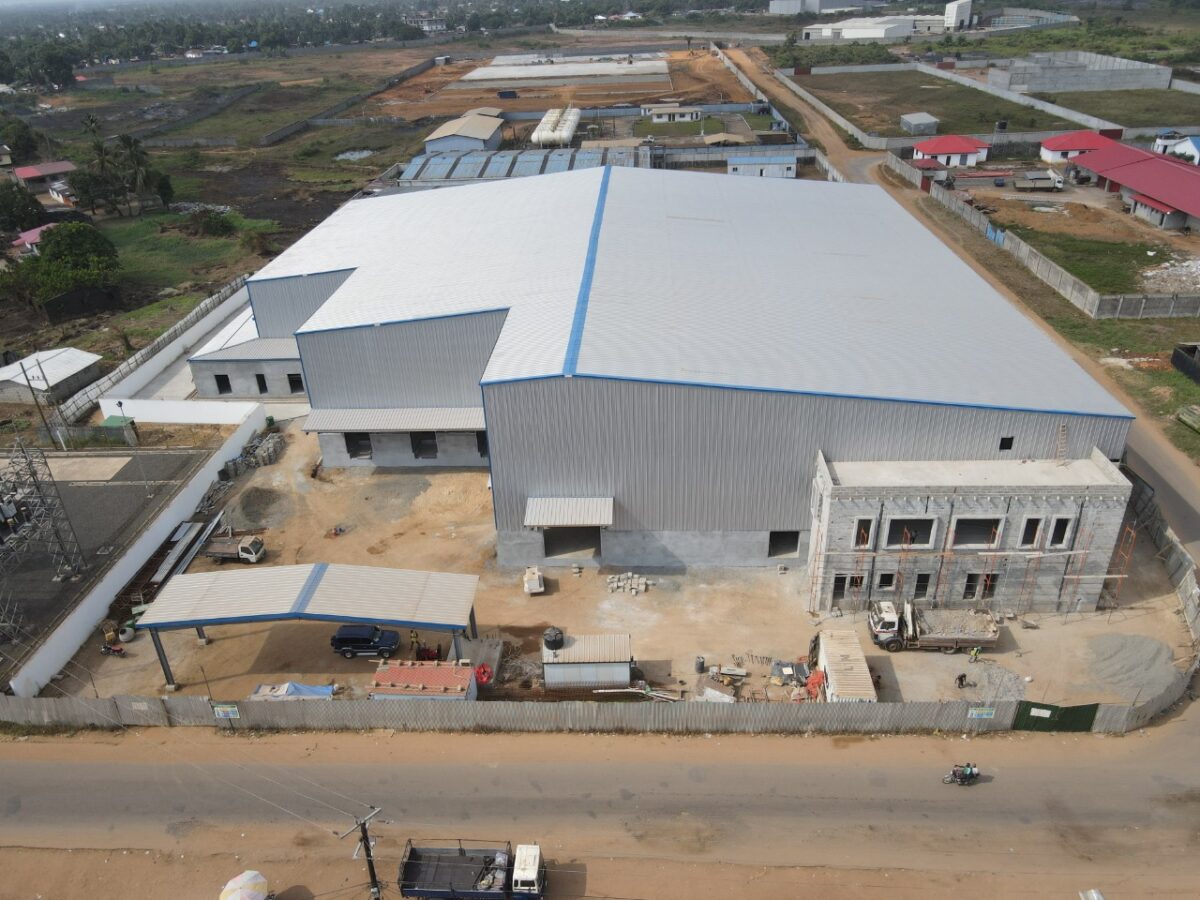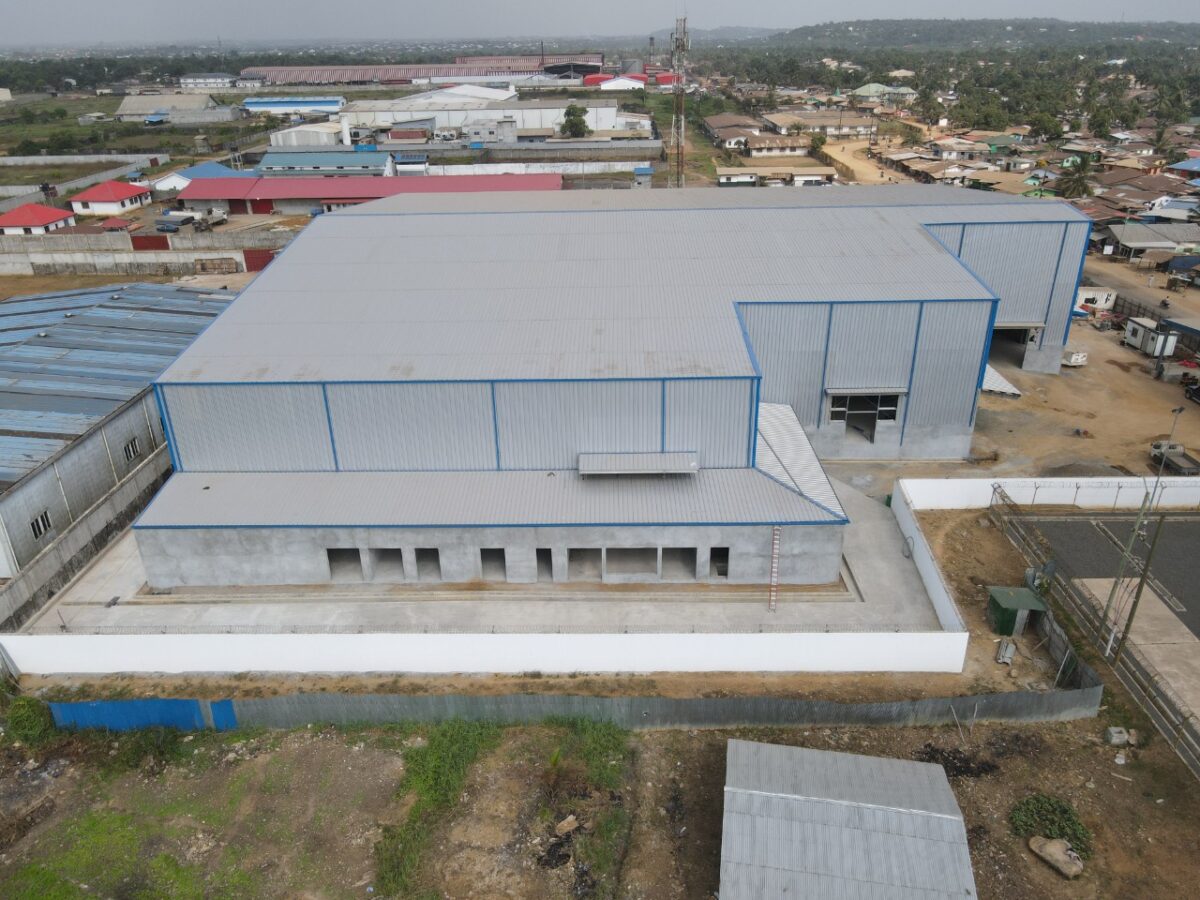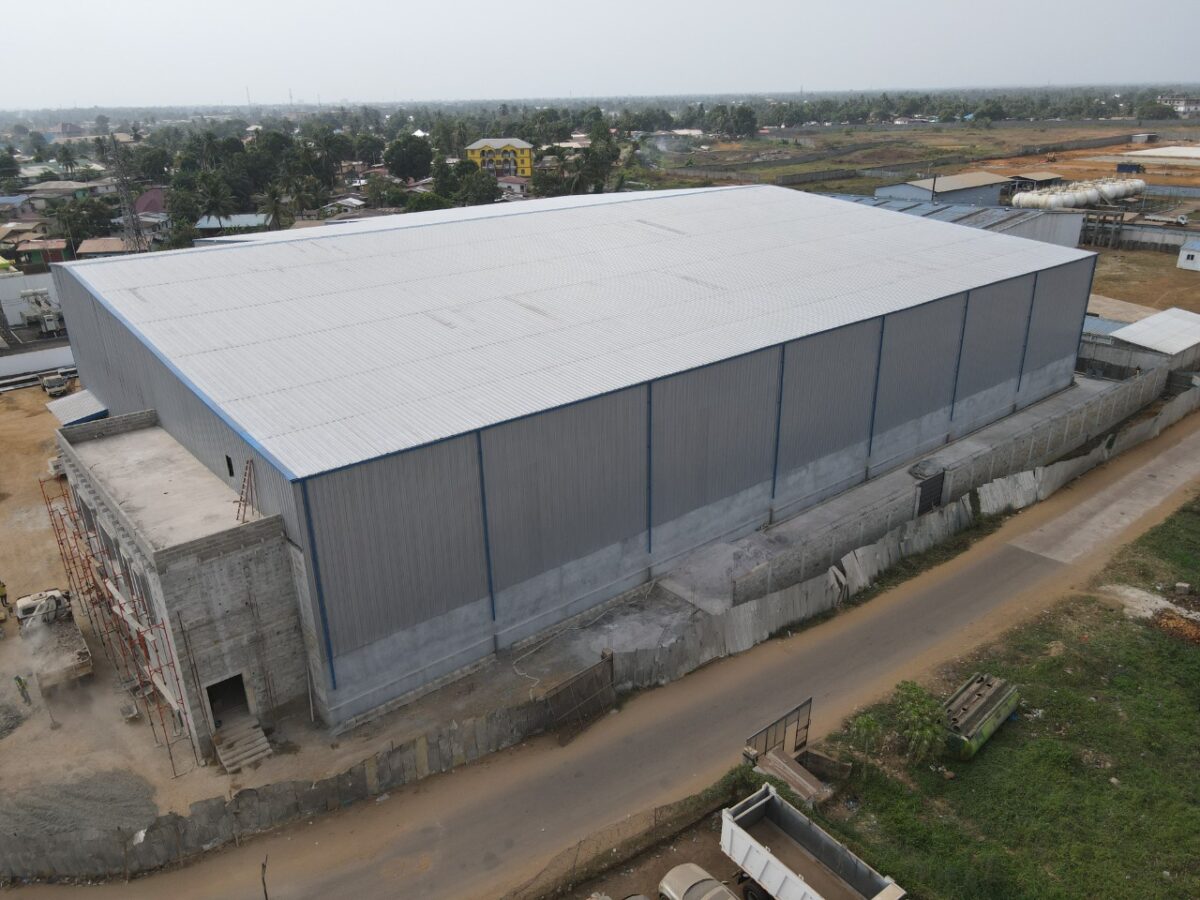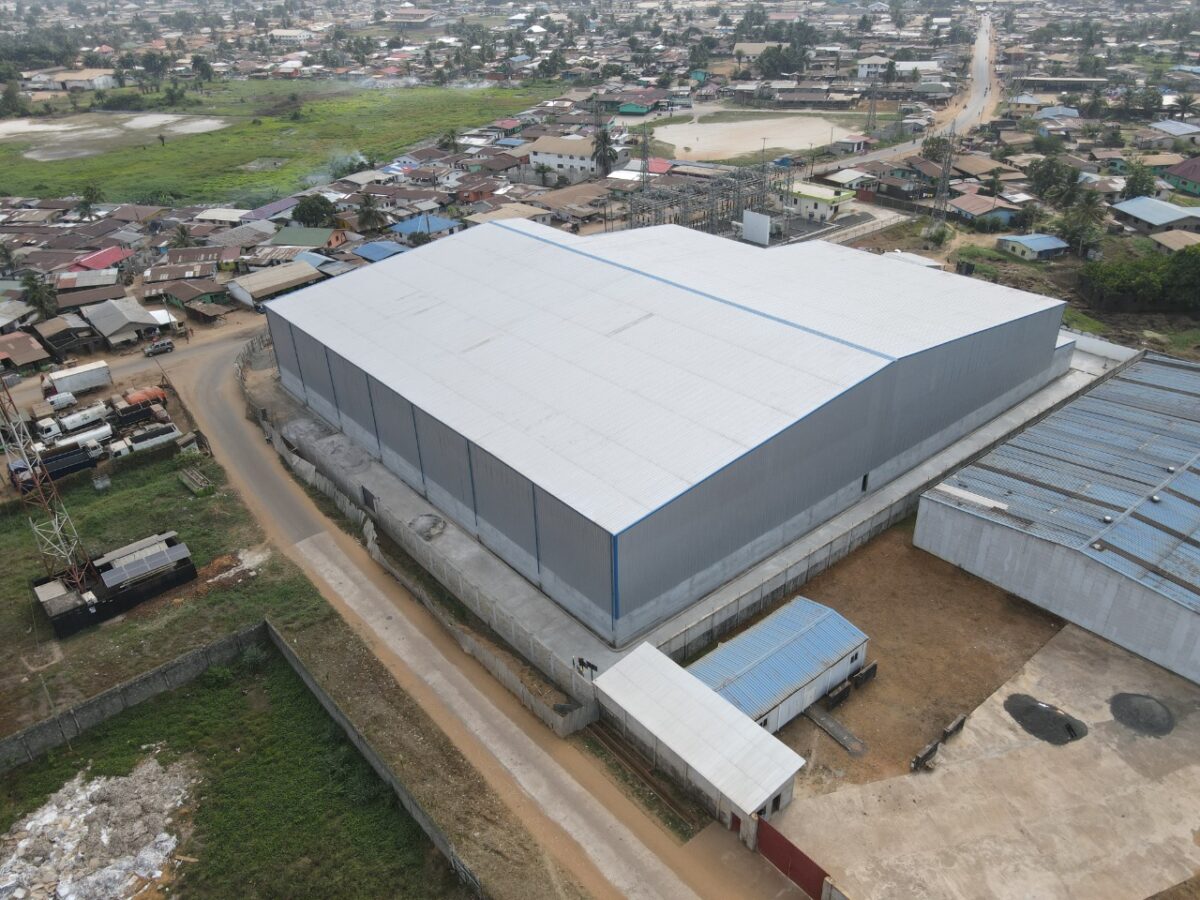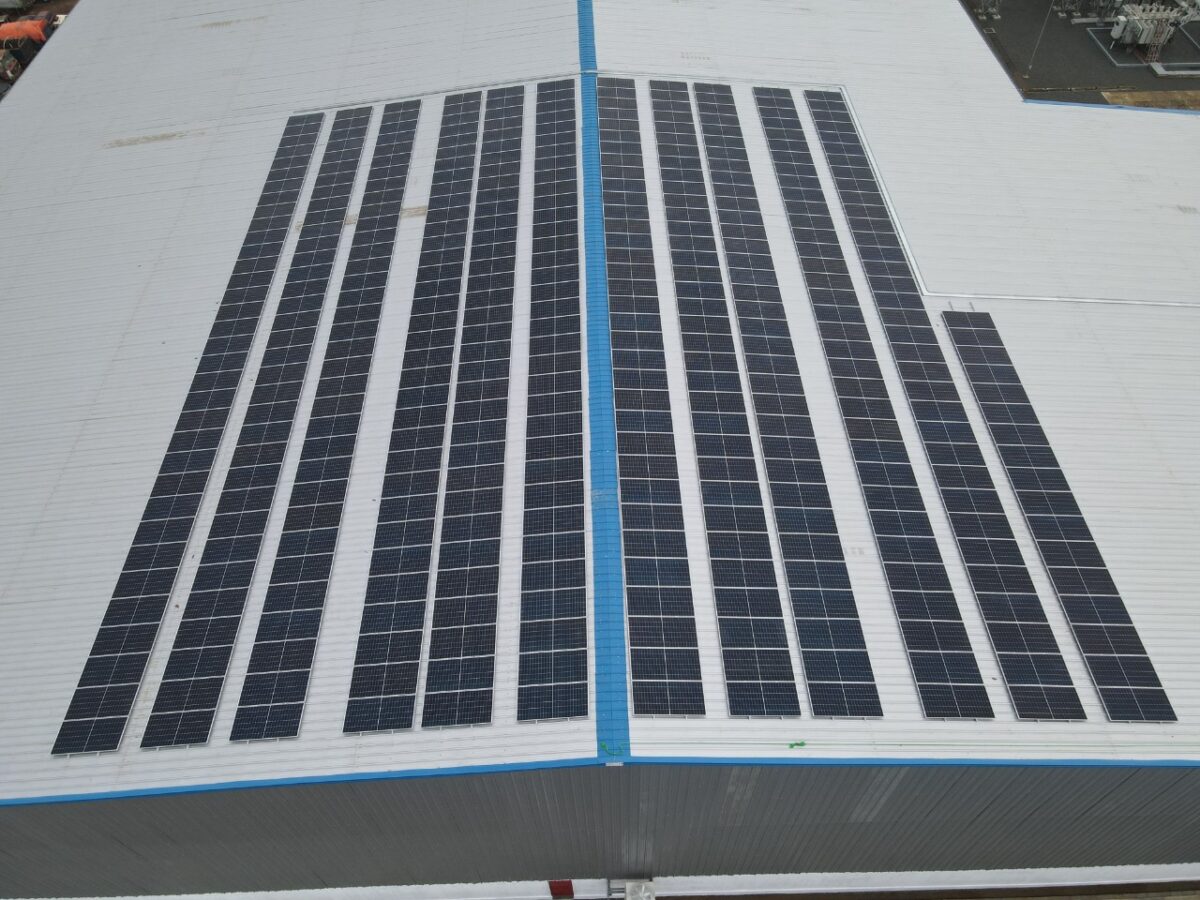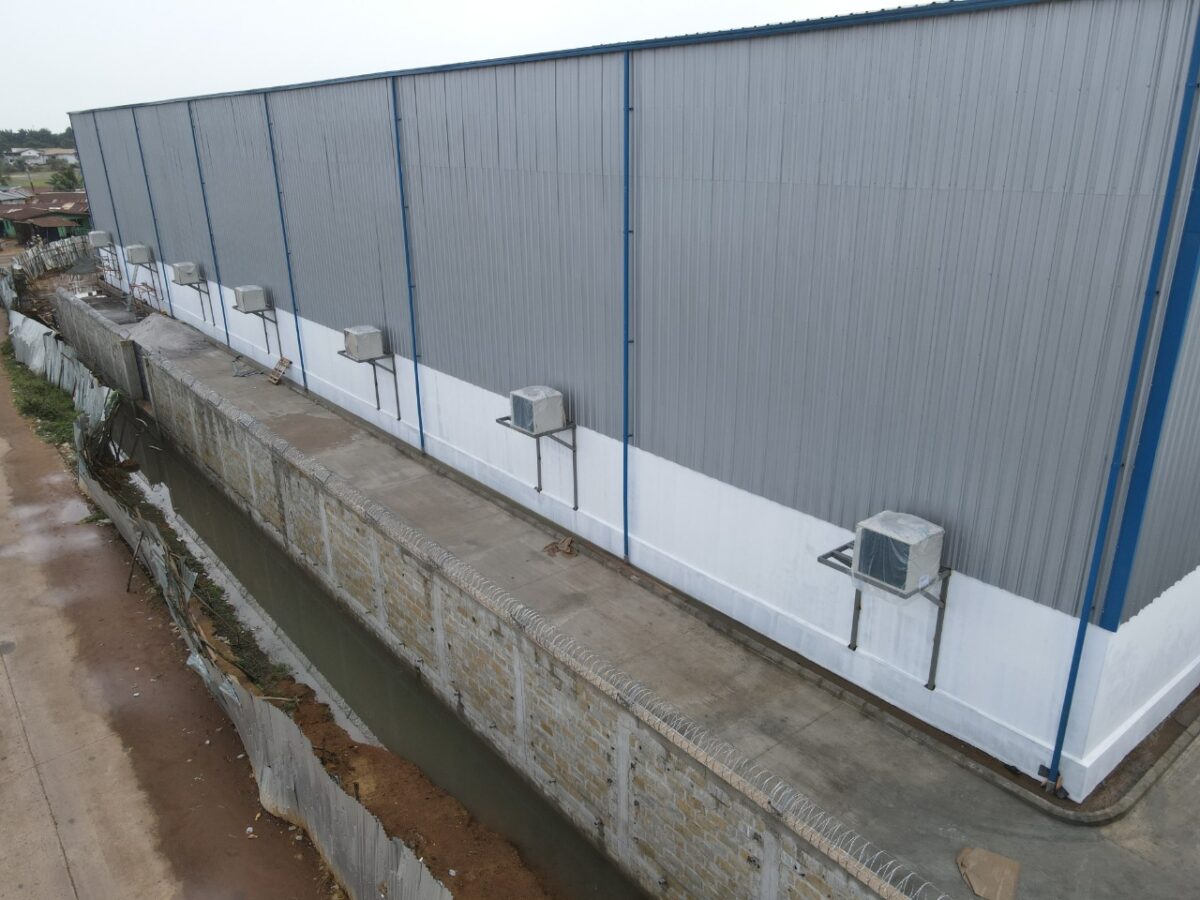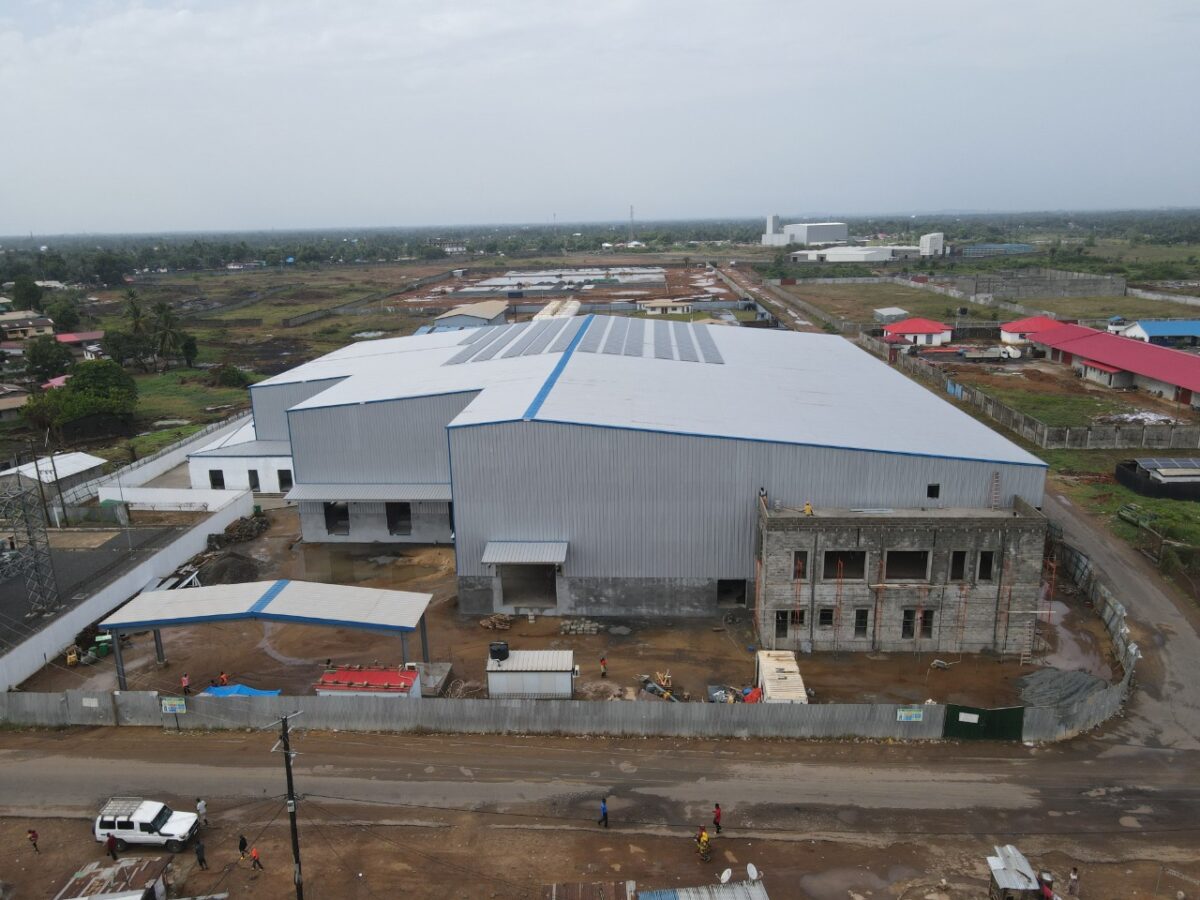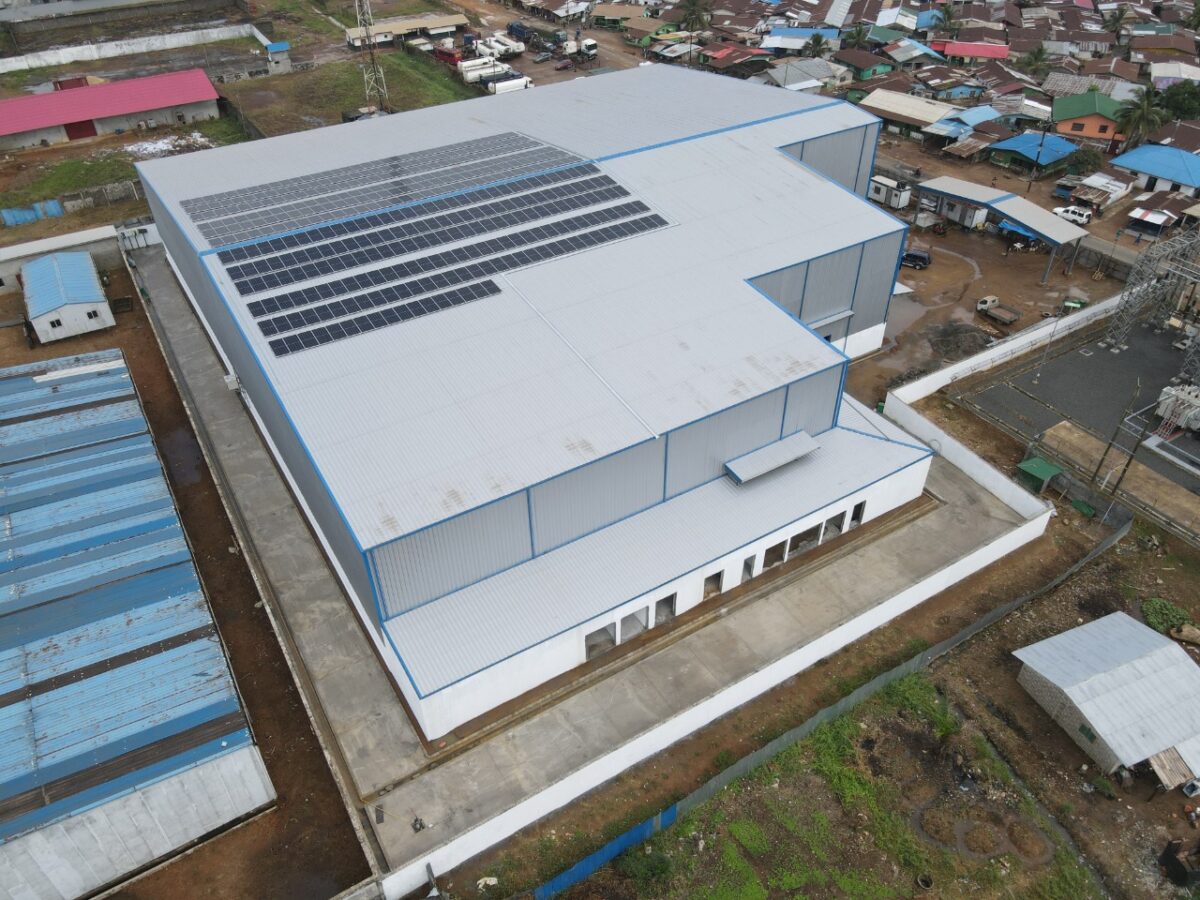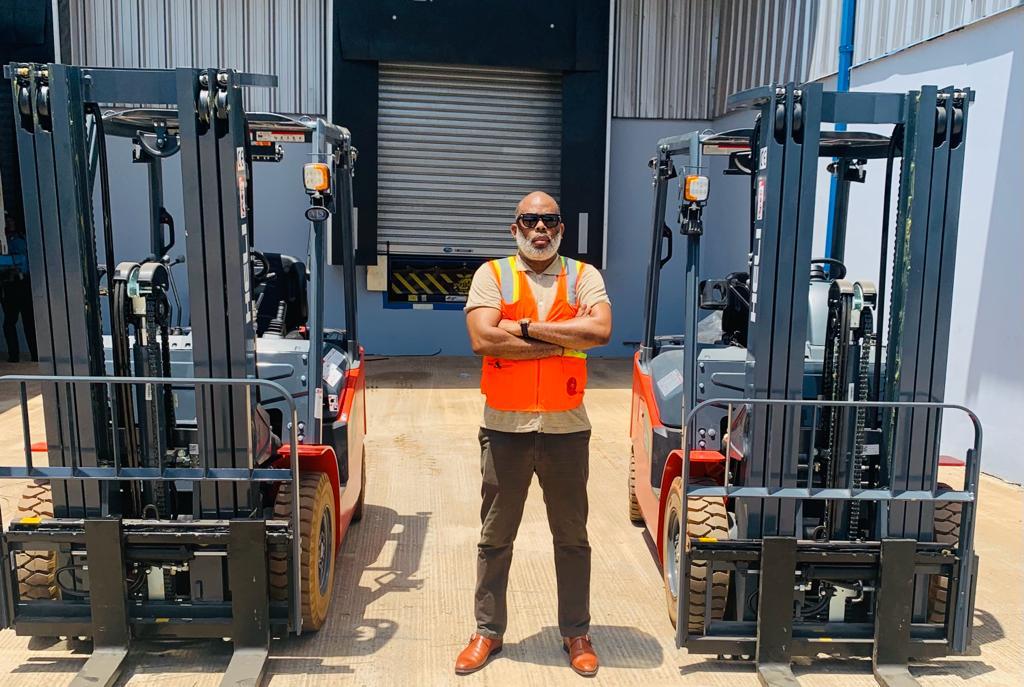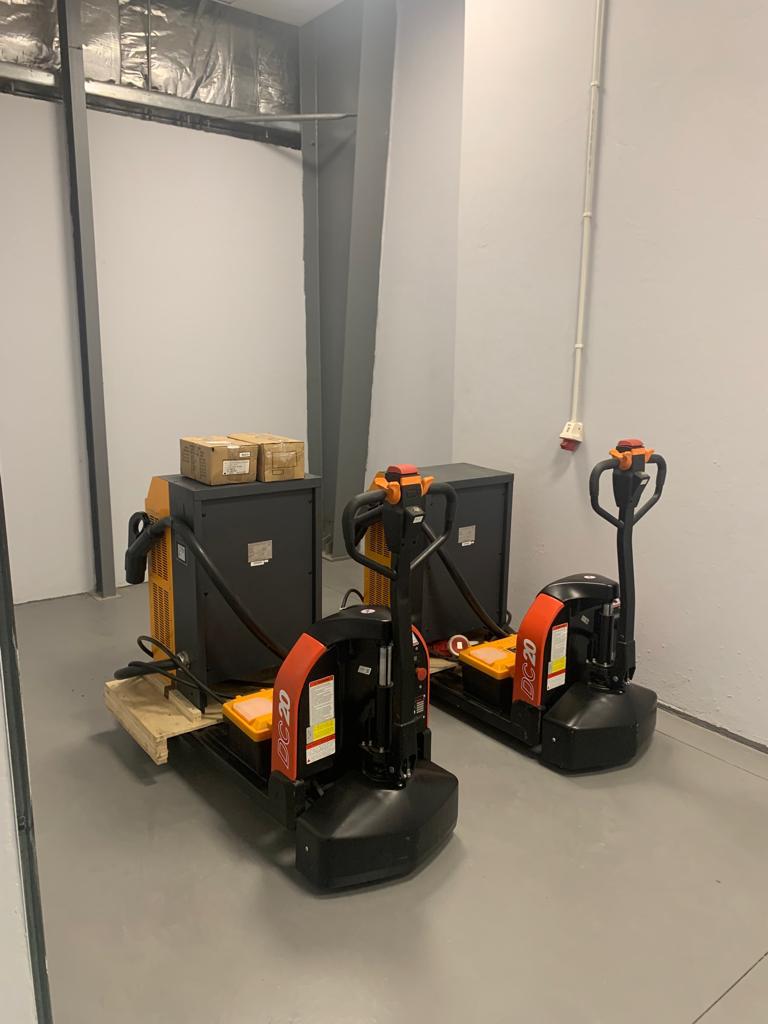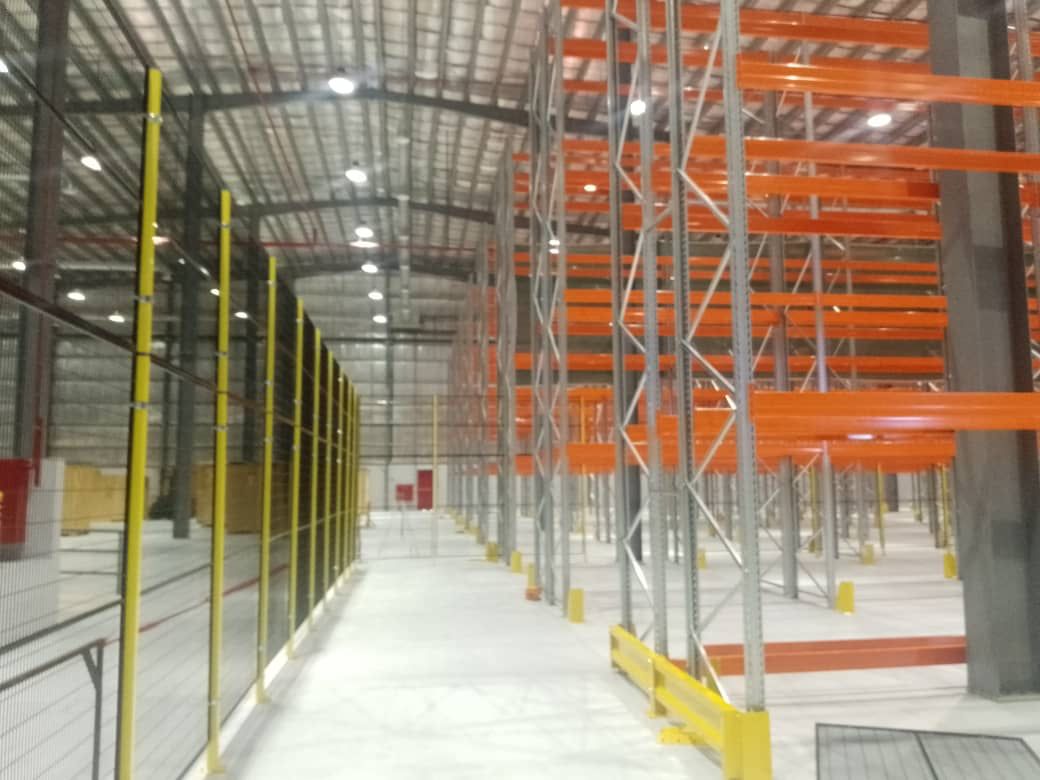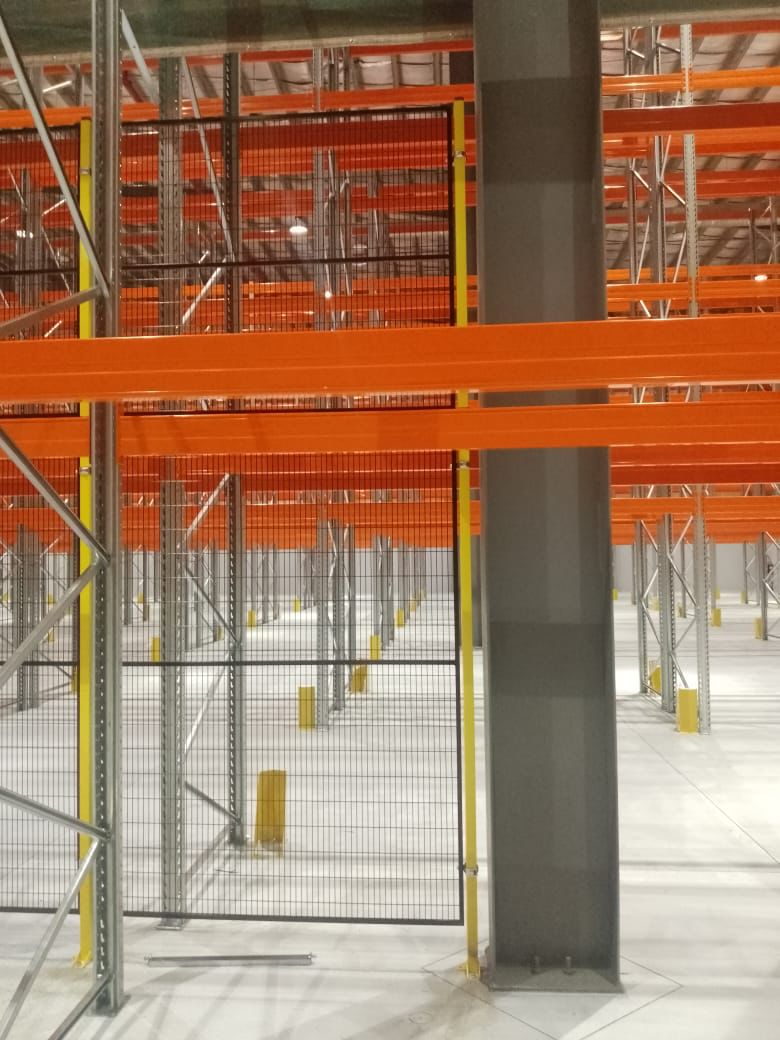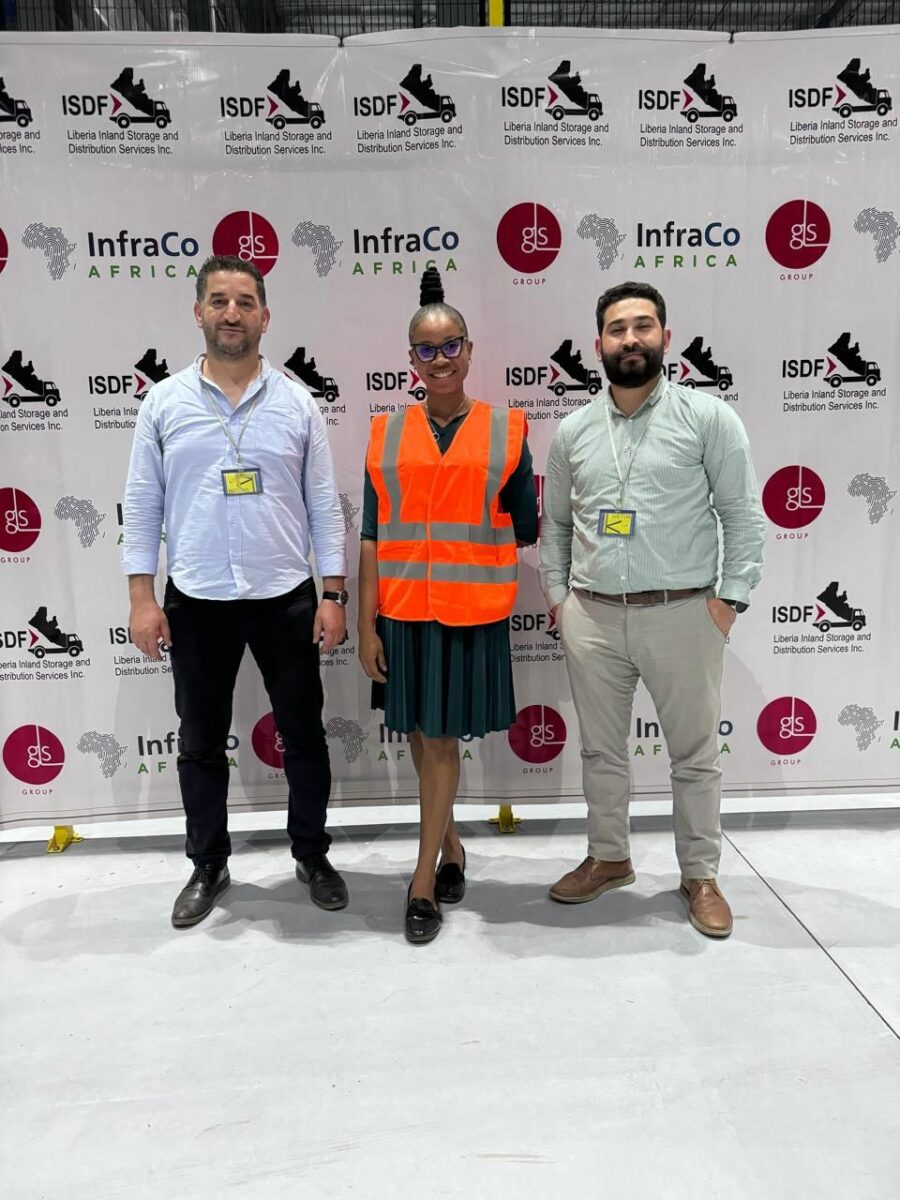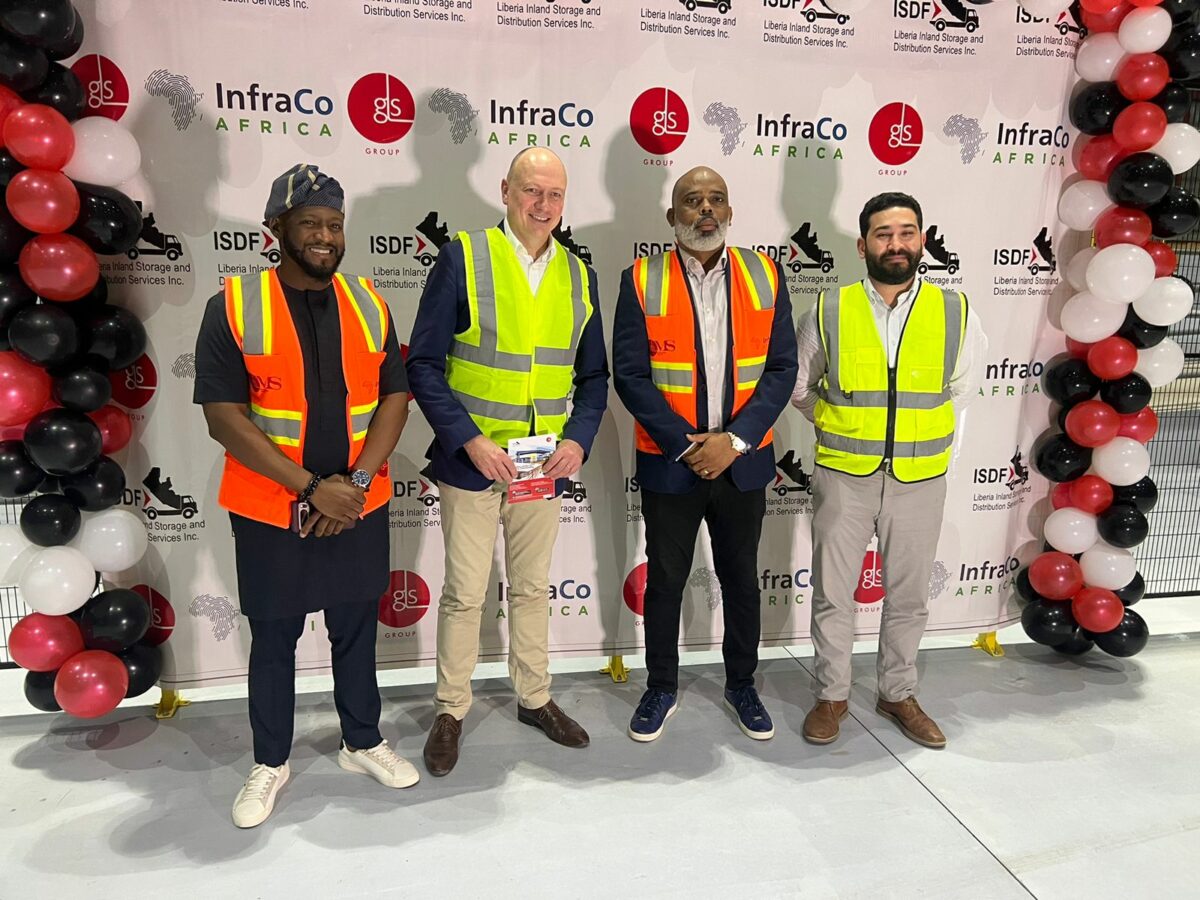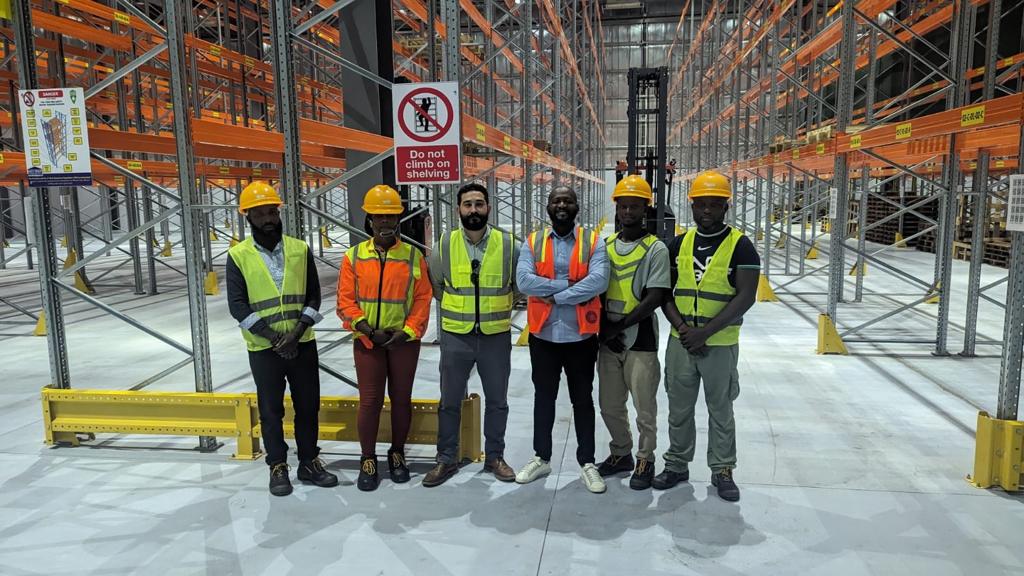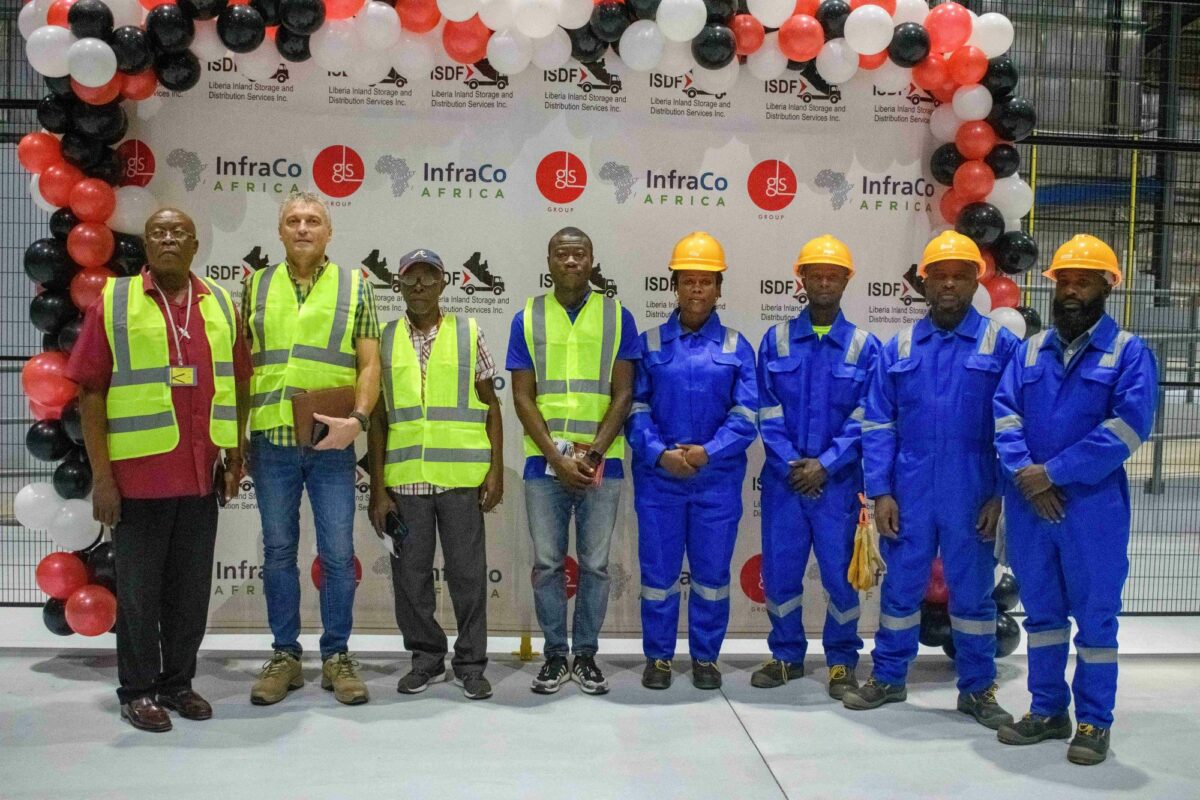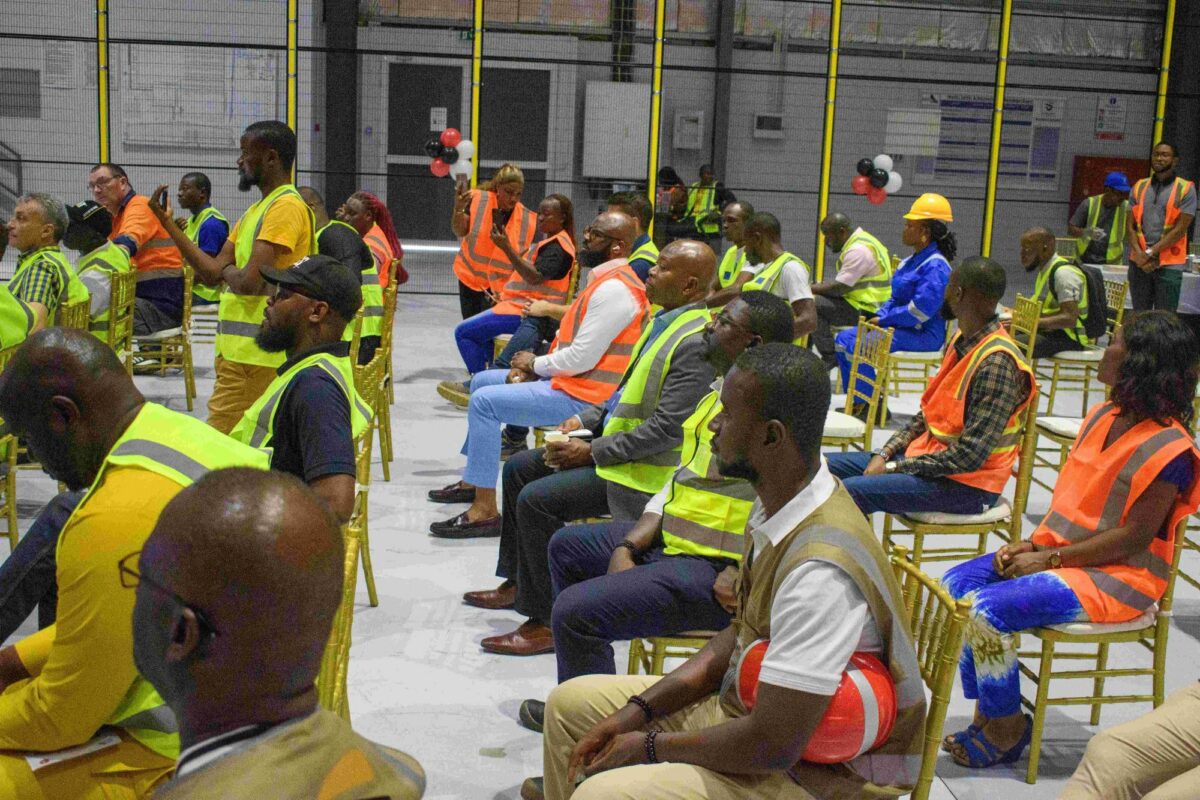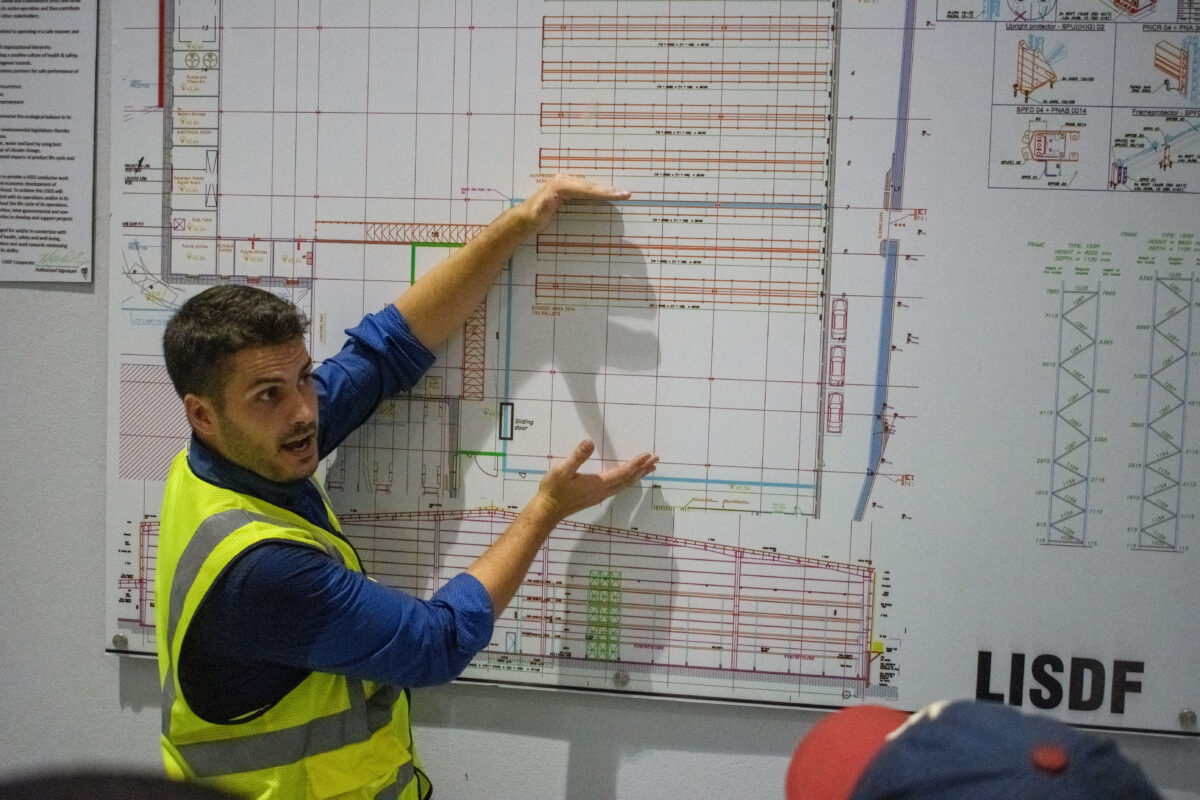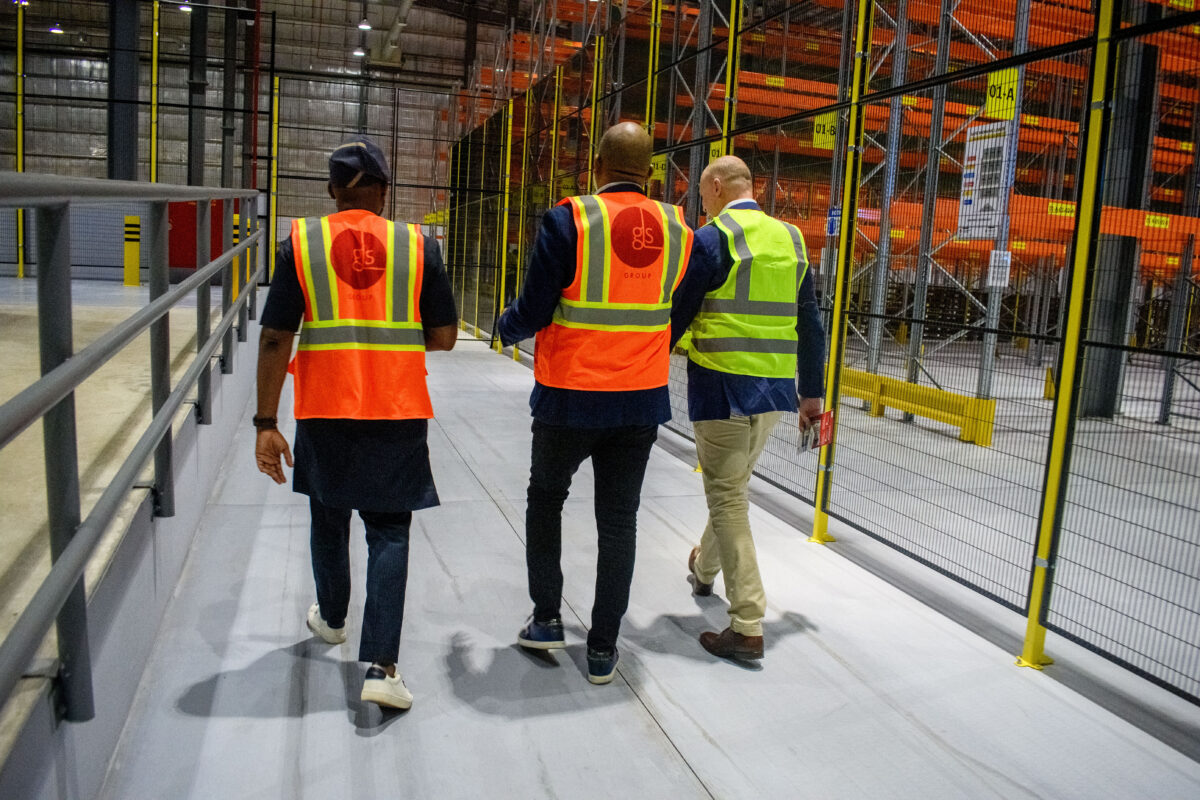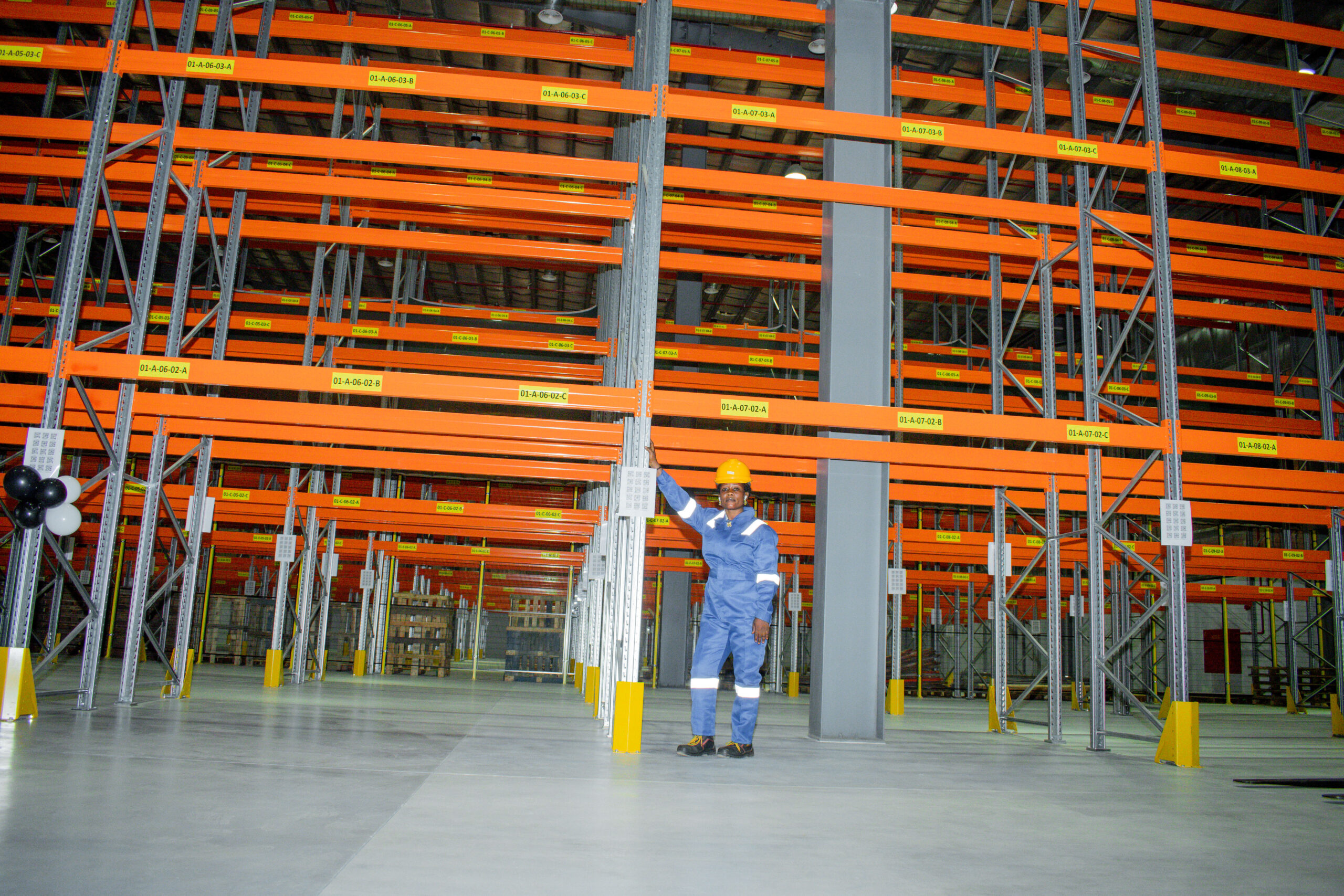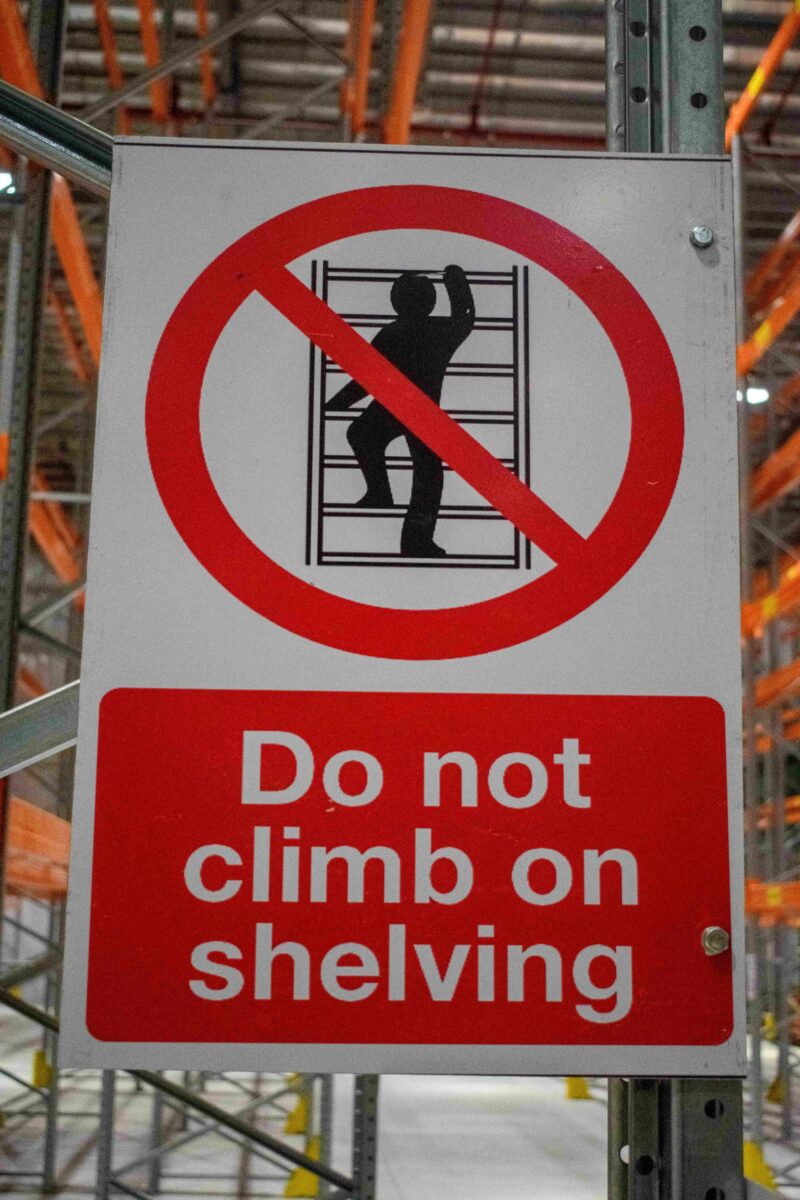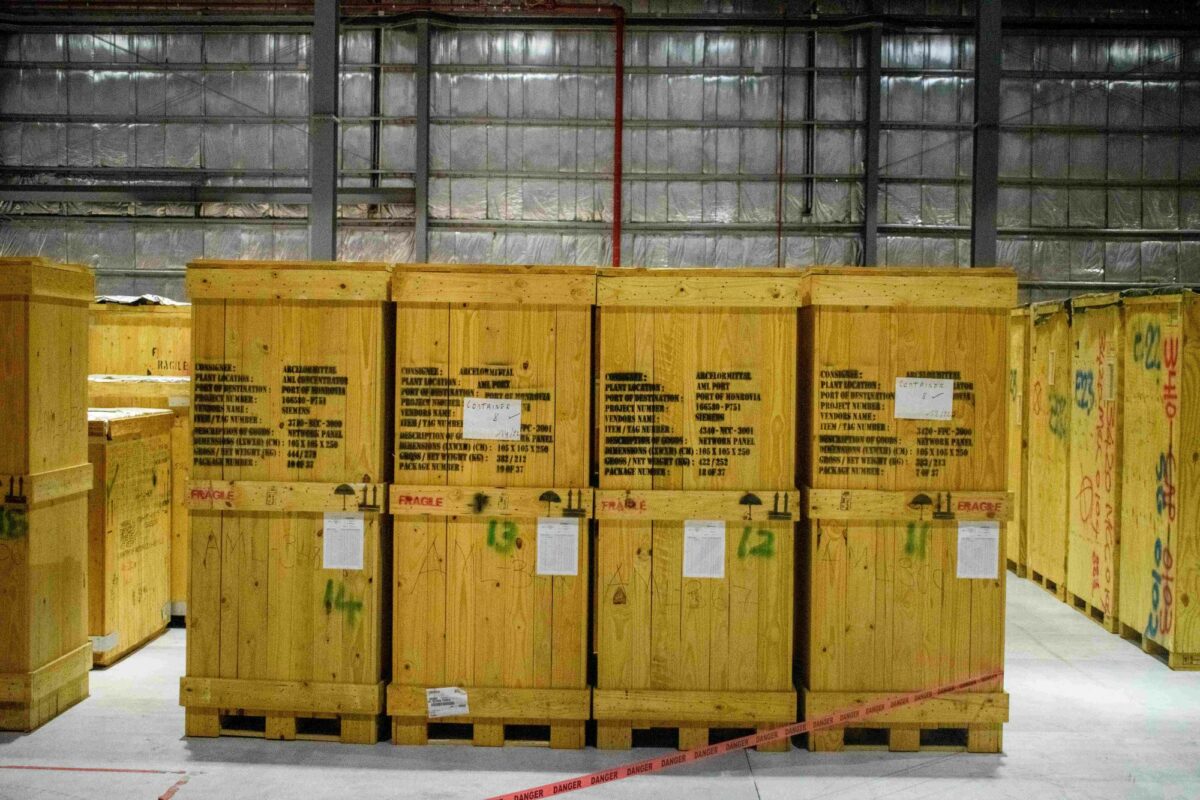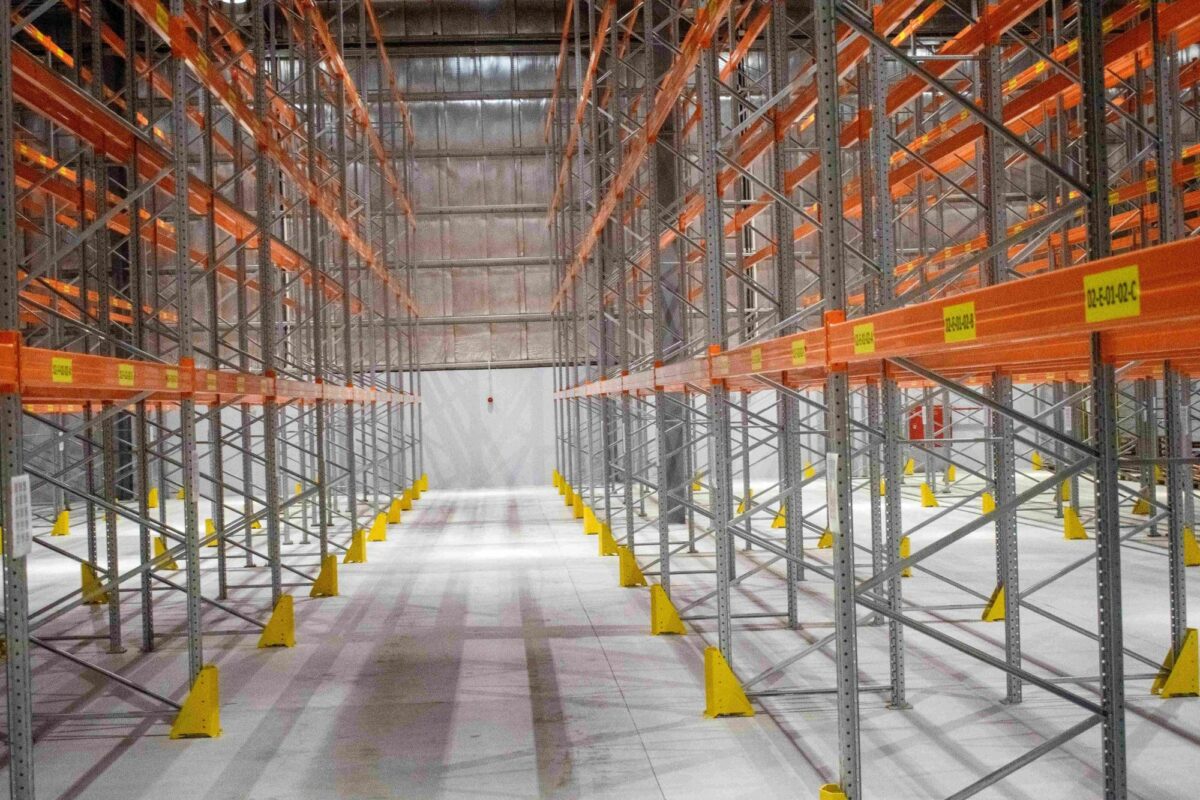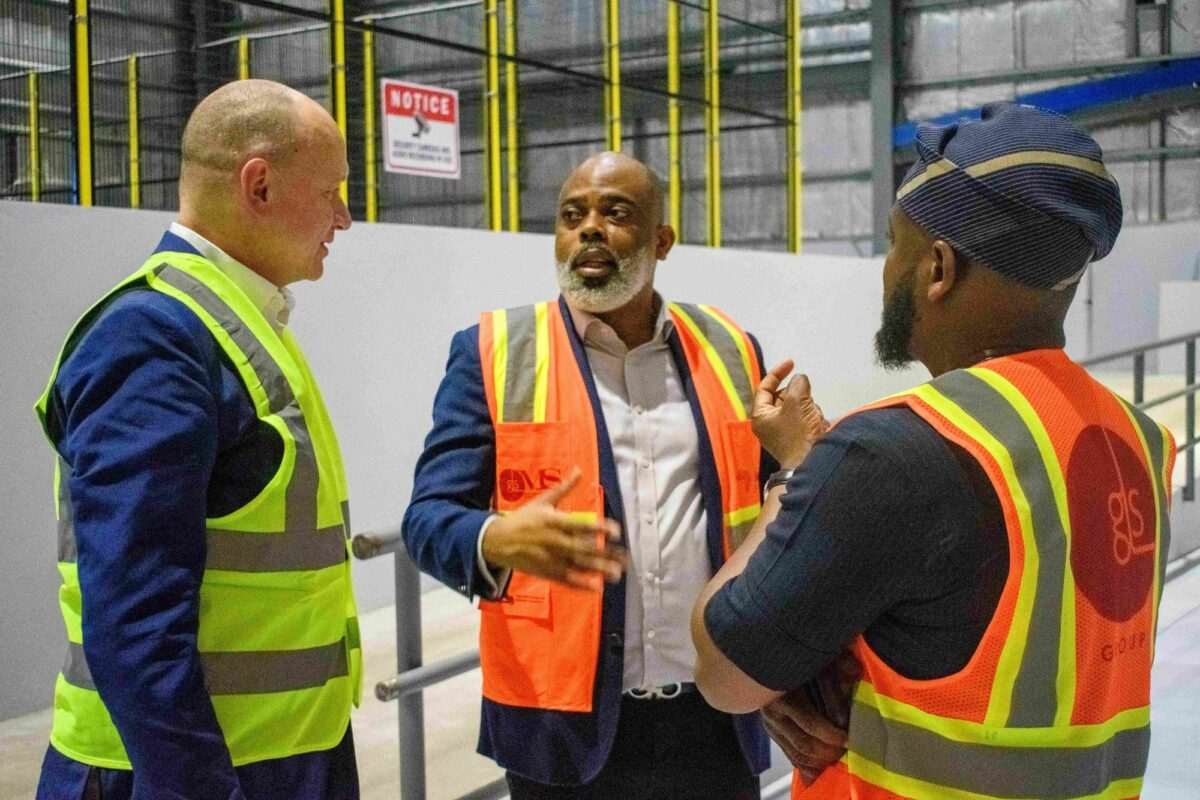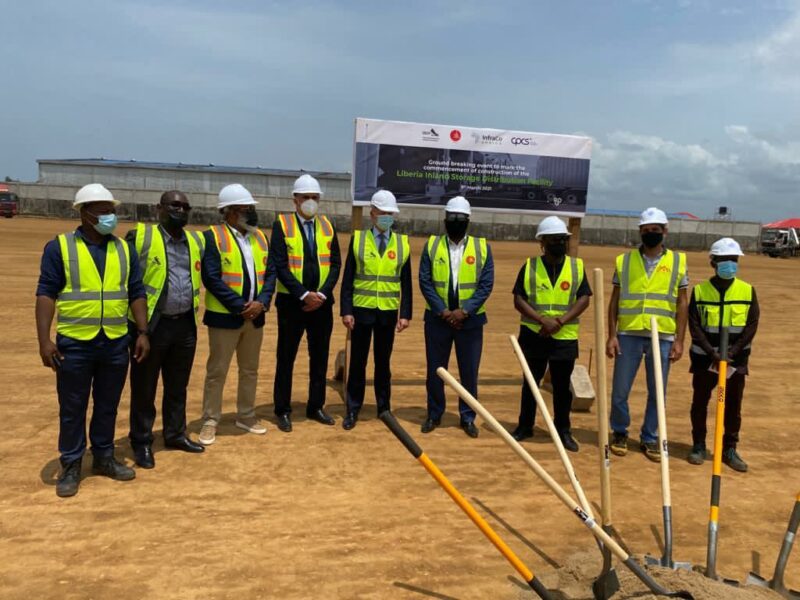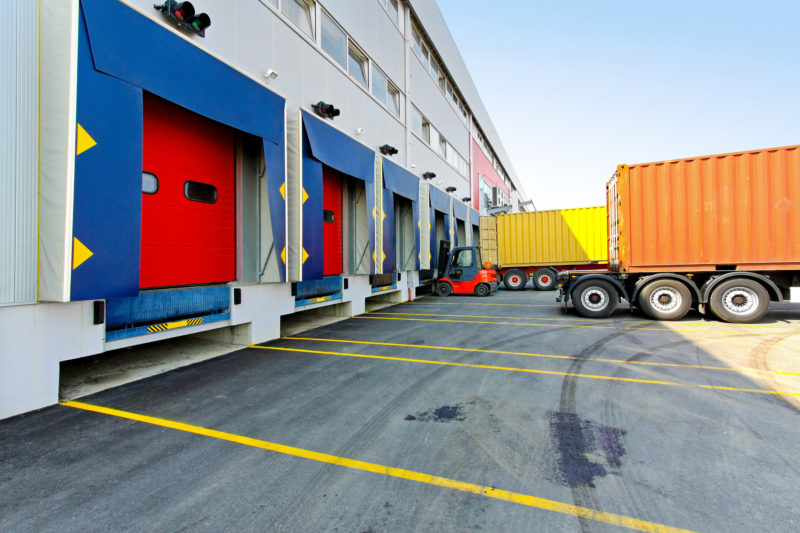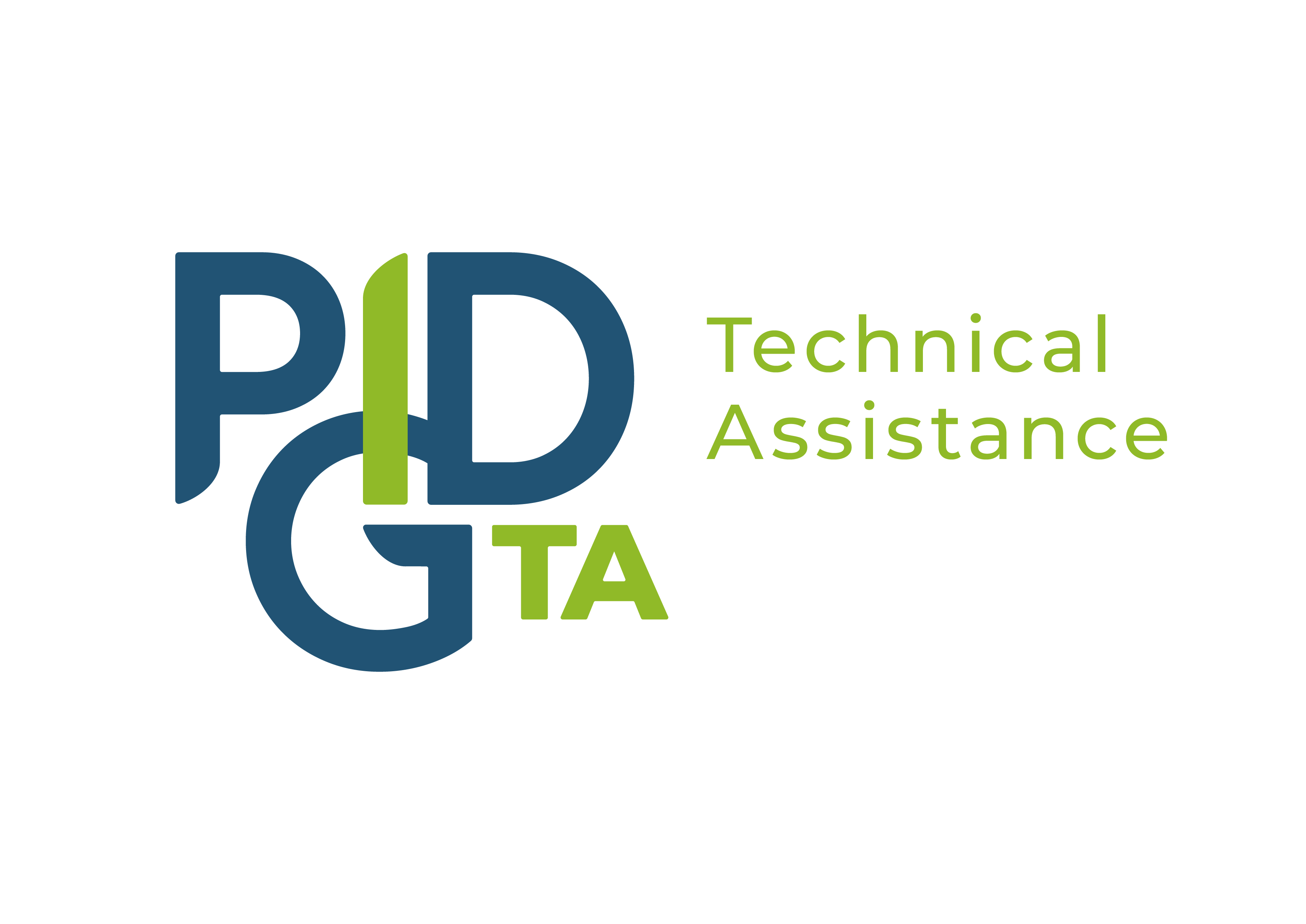7th January 2021
Liberia: Liberia Inland Storage Facility
Delivering storage solutions to facilitate regional trade
Challenge
Liberia’s GDP fell sharply between 1980 and 2003 due to civil unrest and instability. The economy rebounded and experienced a period of stability and growth until Liberia was affected by the country’s Ebola epidemic. Following democratic elections in 2017, the country is on pace for economic growth and stability. Liberia largely depends on imports to fuel its small but expanding economy. The Freeport of Monrovia is Liberia’s main international entry point to its capital city, where 90% of the country’s economic activity takes place.
Despite significant investment into port and road infrastructure in recent years, there is an identified shortage of storage and other logistics infrastructure required to complement the import supply and export value chains and ensure trade is handled efficiently. Without such infrastructure, costs continues to increase exponentially, businesses struggle to export their products in a timely fashion, and consistent delays exist in delivering basic food supplies, livestock and animal products to Liberia’s consumers.
As part of its Pro-Poor Agenda for Prosperity and Development, the Government of Liberia is looking to increase the competitiveness of existing industries by constructing processing and storage facilities at strategic locations.
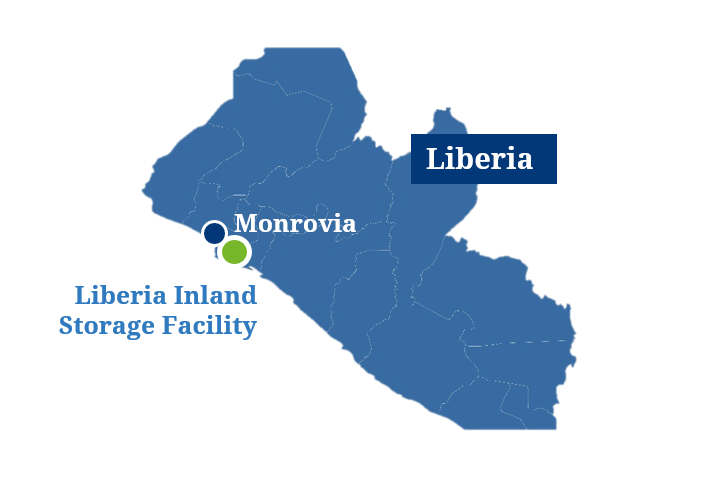
Solution
The Liberia Inland Storage Facility (LISF) project will build Liberia’s first commercial open-access, storage facility. The project will be situated within the Monrovia Industrial Park, located 10 kilometres from the Freeport of Monrovia, and will provide businesses with approximately 4,600m² of modern warehousing space.
Incorporating state-of-the-art inventory management systems, loading and unloading capacity, the LISF will be the first of its kind to meet the needs of Small and Medium Enterprises (SMEs) and larger companies within the Mano River Union. The facility will operate on a throughput model, with importers/exporters, businesses and third-party logistics companies securing flexible access to storage space via short to medium-term contracts.
It is anticipated that, by providing SMEs with access to high-quality, secure storage, the LISF will significantly reduce supply chain losses currently incurred due to expiry, spoilage and theft of goods; stabilising prices and contributing to Liberia’s wider economic growth.
InfraCo Africa secured grant funding from PIDG’s Technical Assistance (PIDG TA) to carry out a pre-feasibility study to assess the power needs of the facility. PIDG TA has provided US$360,000 of capital funding for the supply and installation of a rooftop solar-hybrid system that will provide the primary source of power to the facility. The rooftop solar energy system will maximise energy efficiency, reduce overall dependence on diesel, and cut carbon emissions. It is anticipated that the system will provide a replicable model for similar facilities in the region, with potential to drive down carbon emissions in the sector.
The LISF’s flexible design will allow for the inclusion of alternative storage solutions in the future – such as temperature-controlled capacity for the storage of food and pharmaceutical products – to meet the evolving needs of Liberia’s businesses. The LISF is expected to facilitate wider access to markets for SMEs in Liberia.
Being developed by InfraCo Africa in partnership with Global Logistics Services Inc. (GLS Group)





